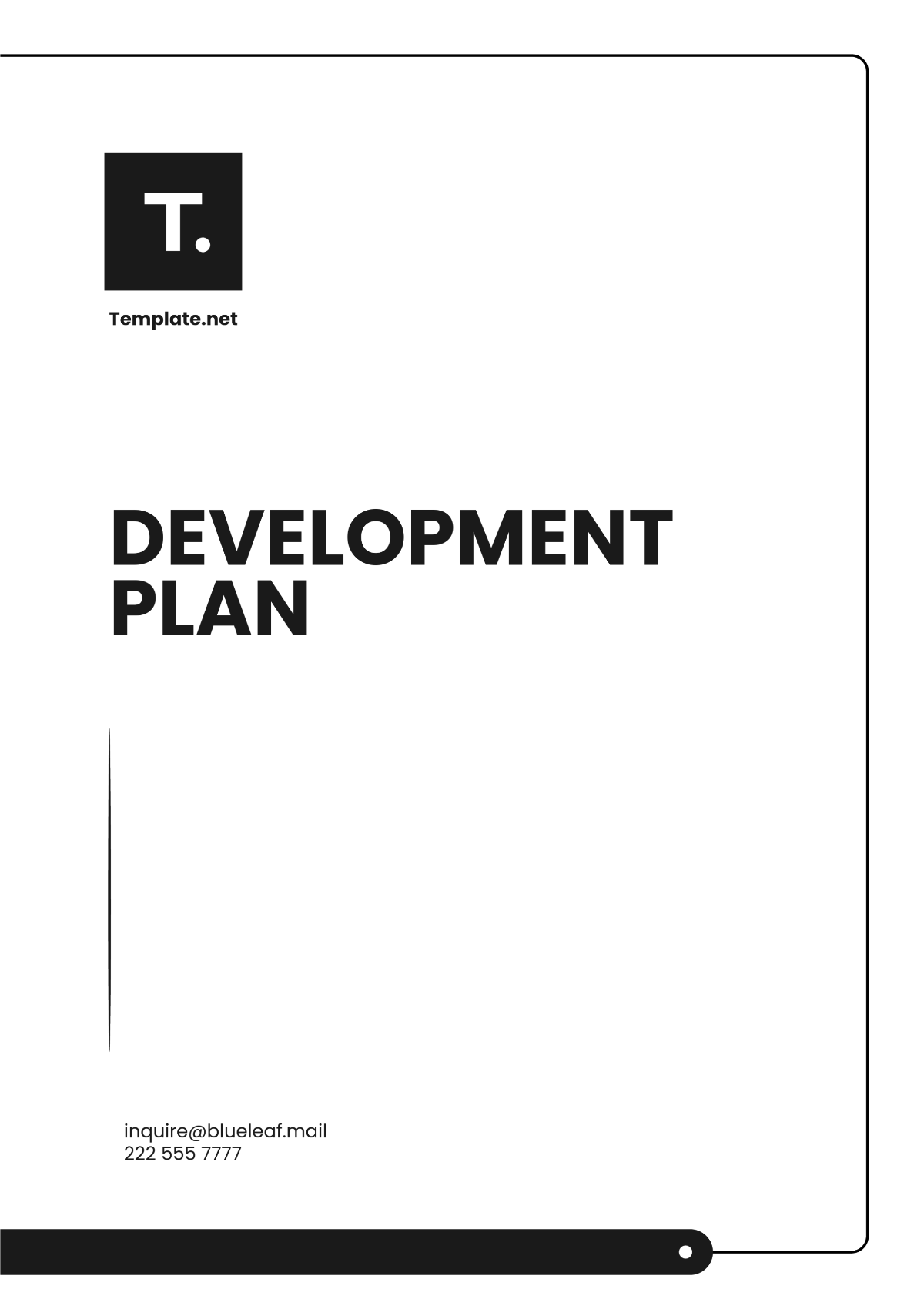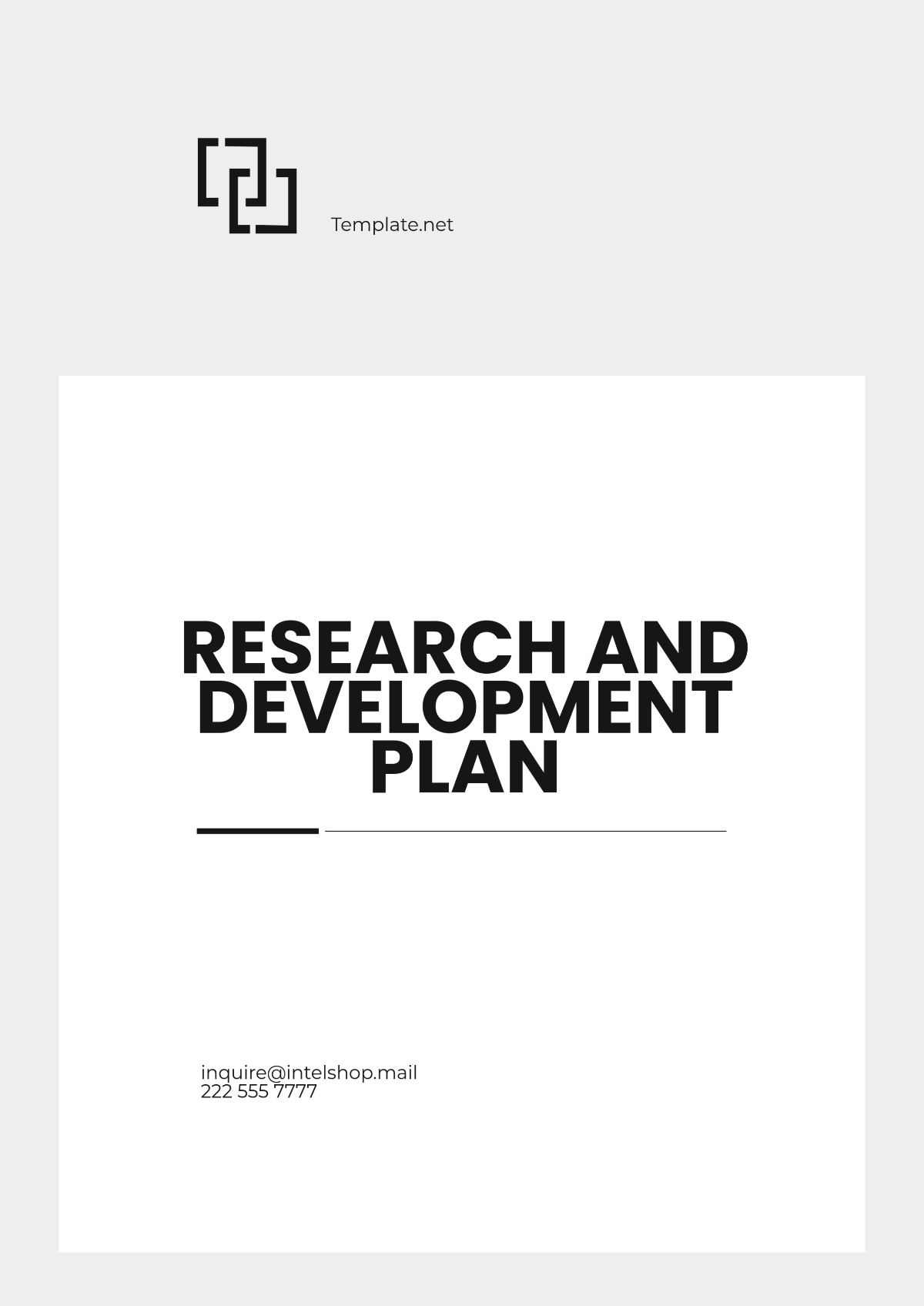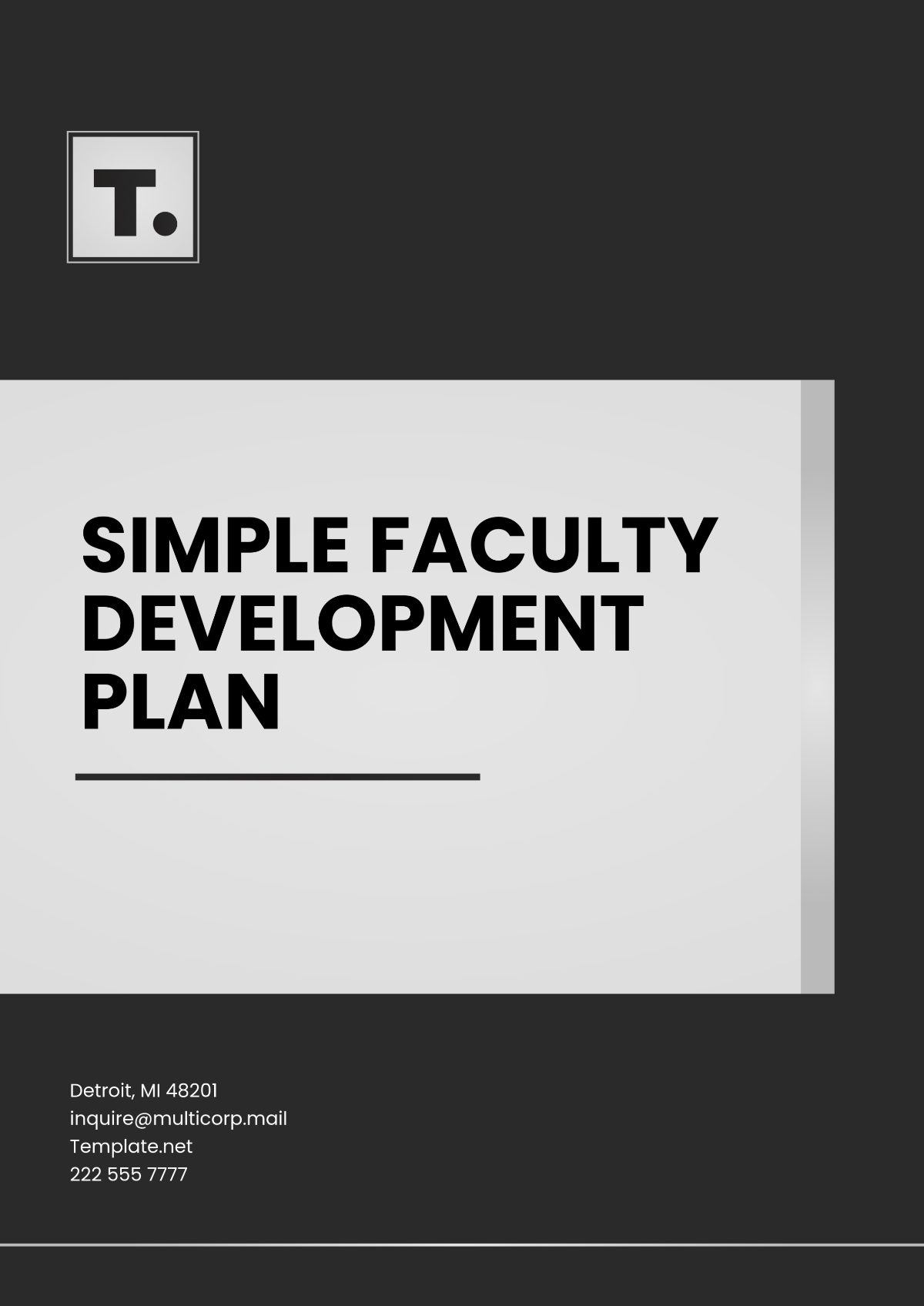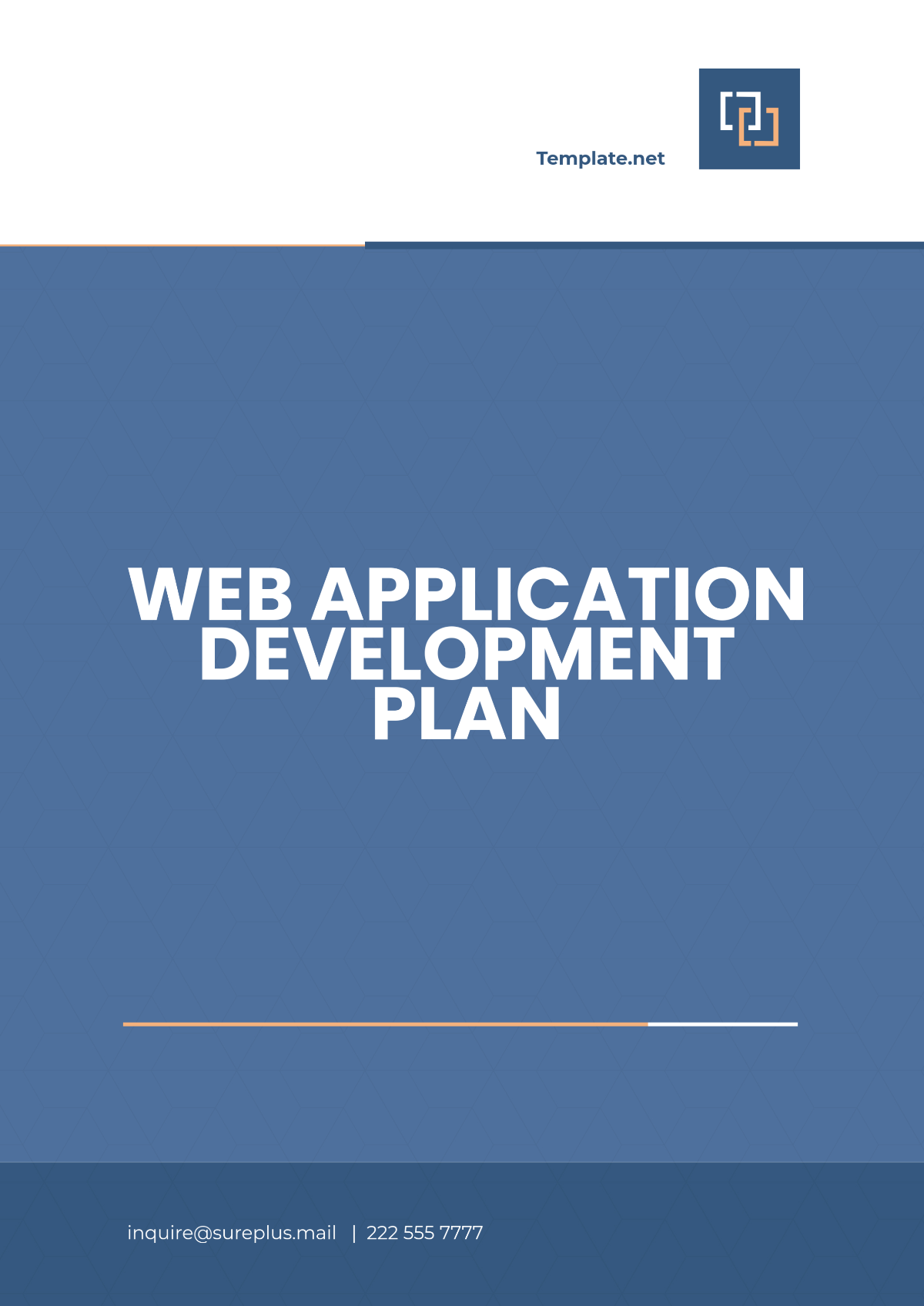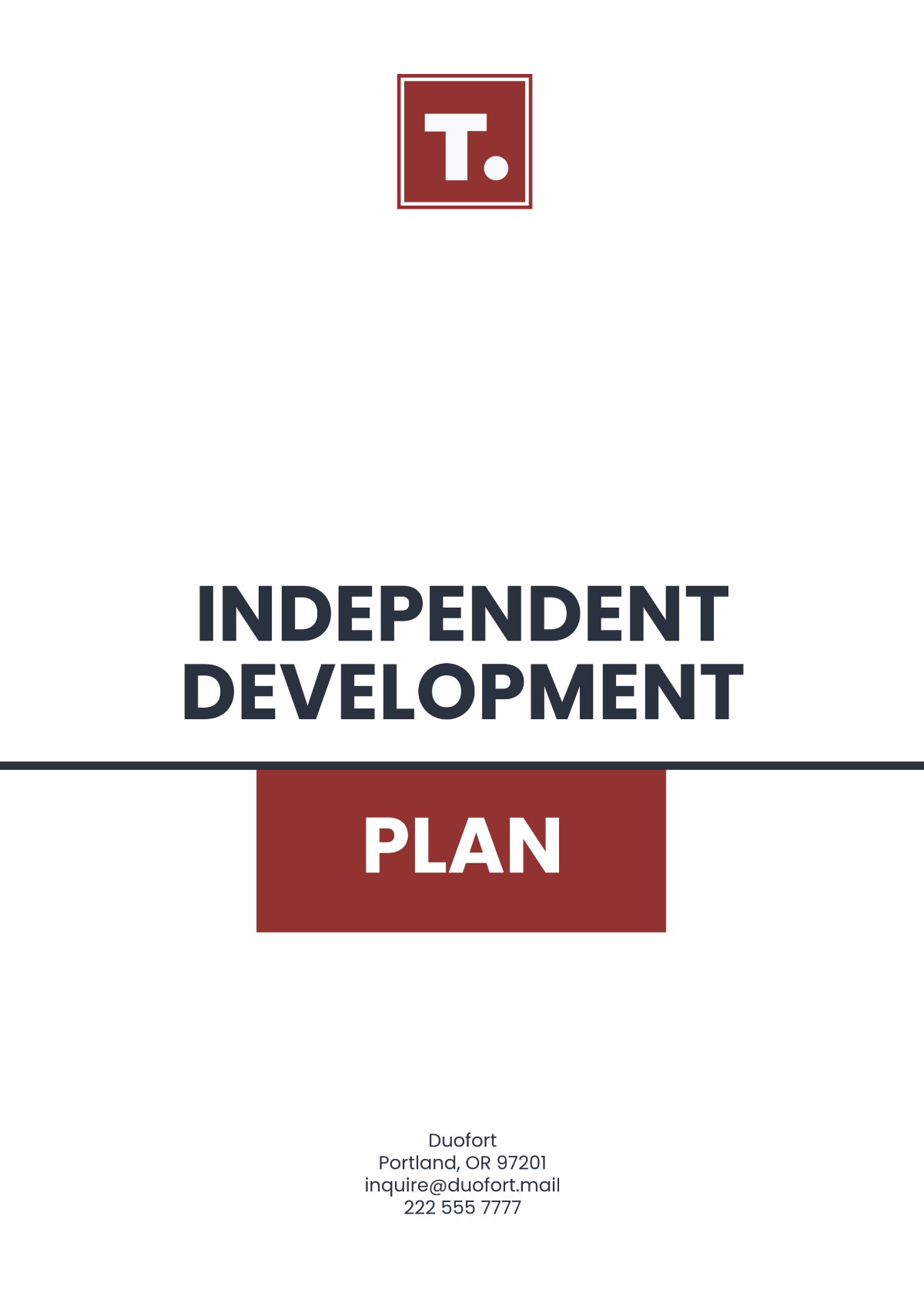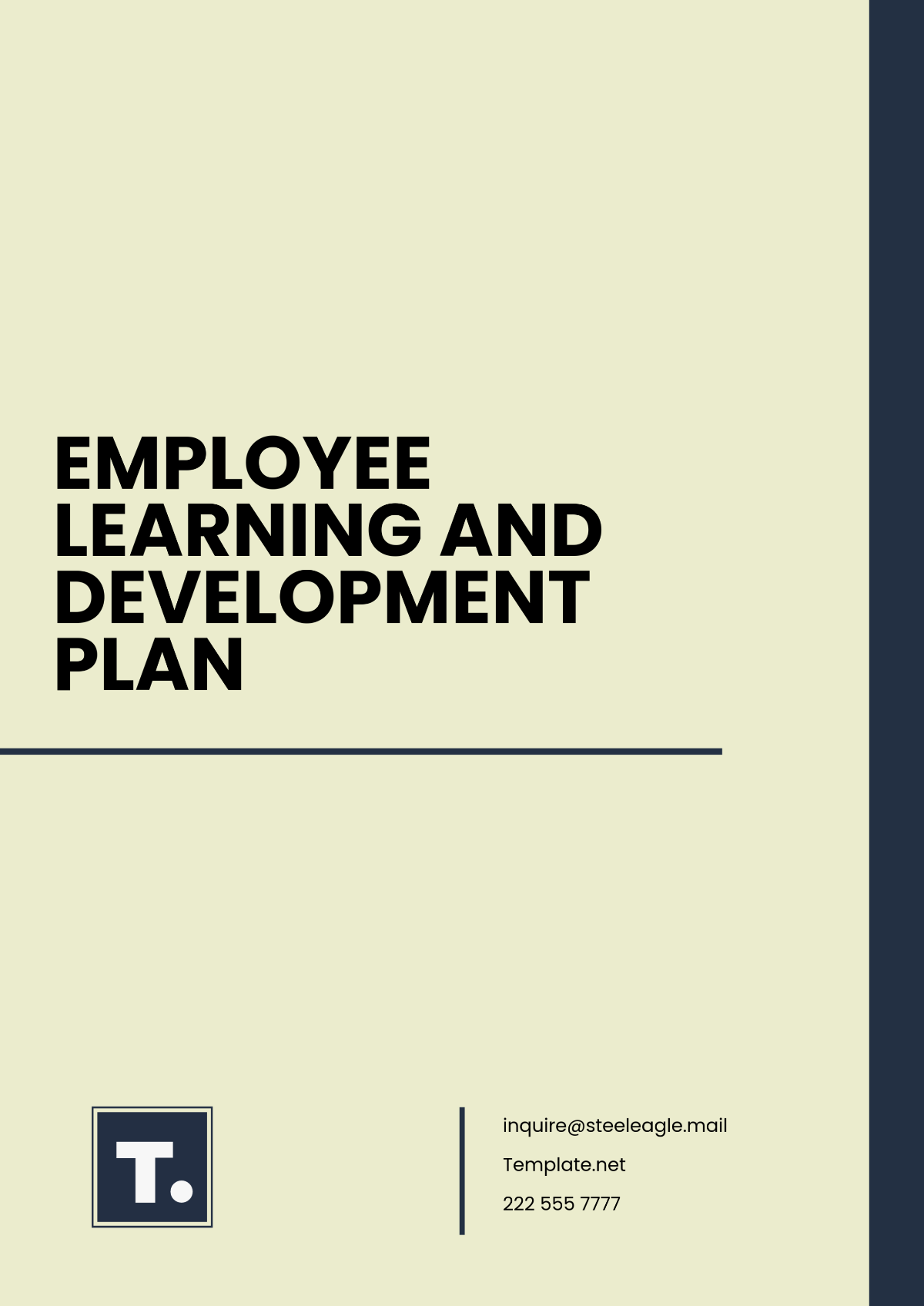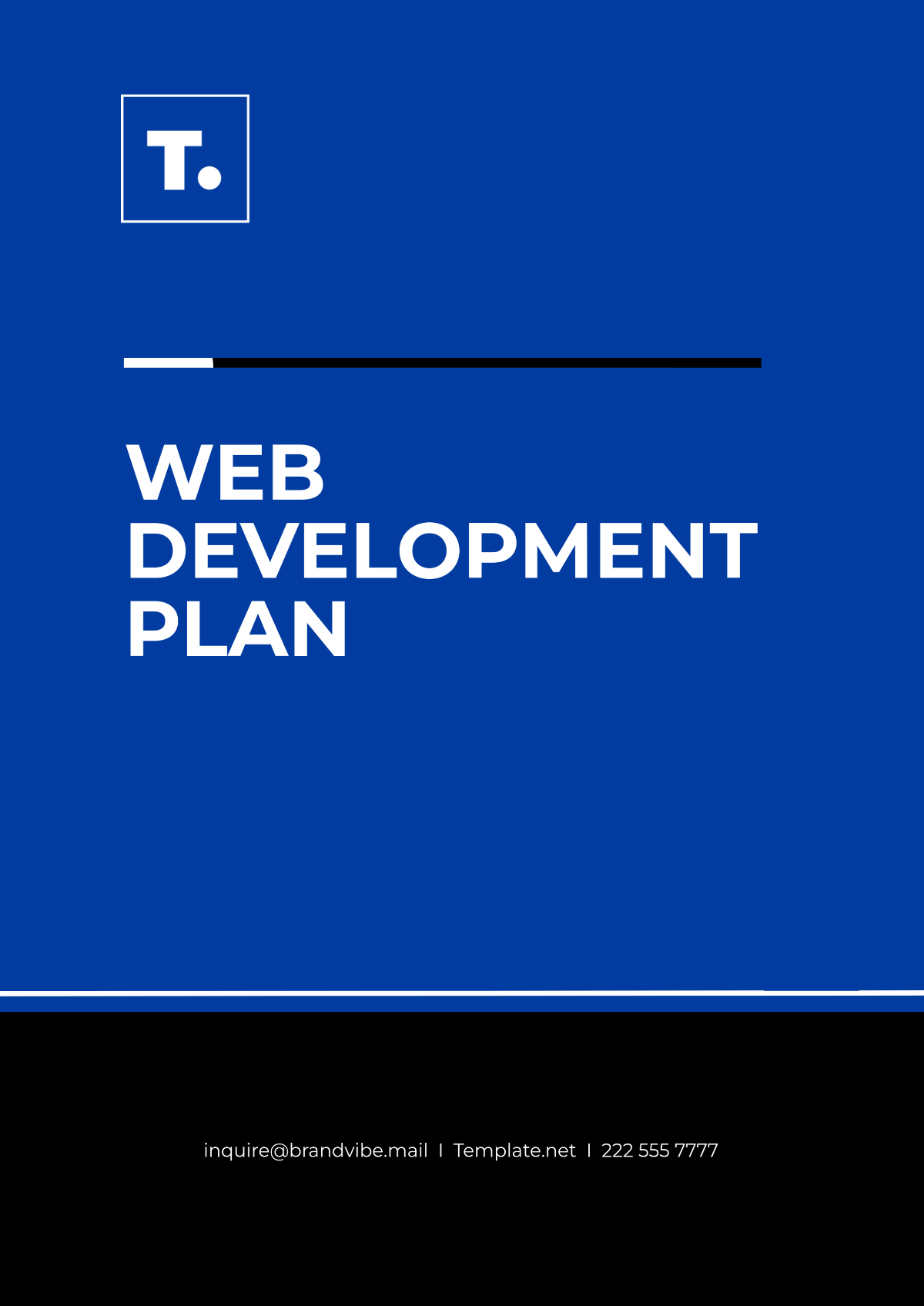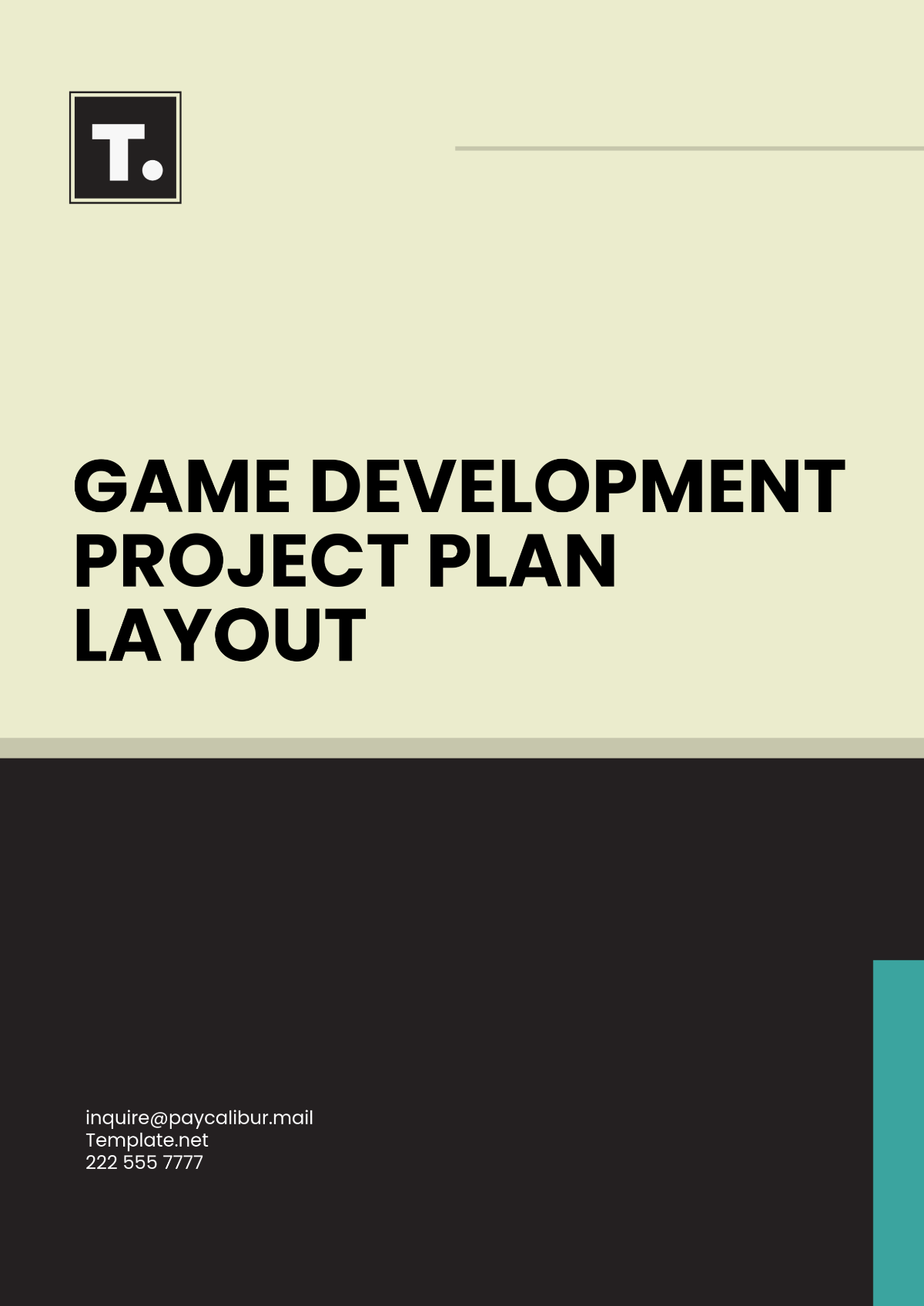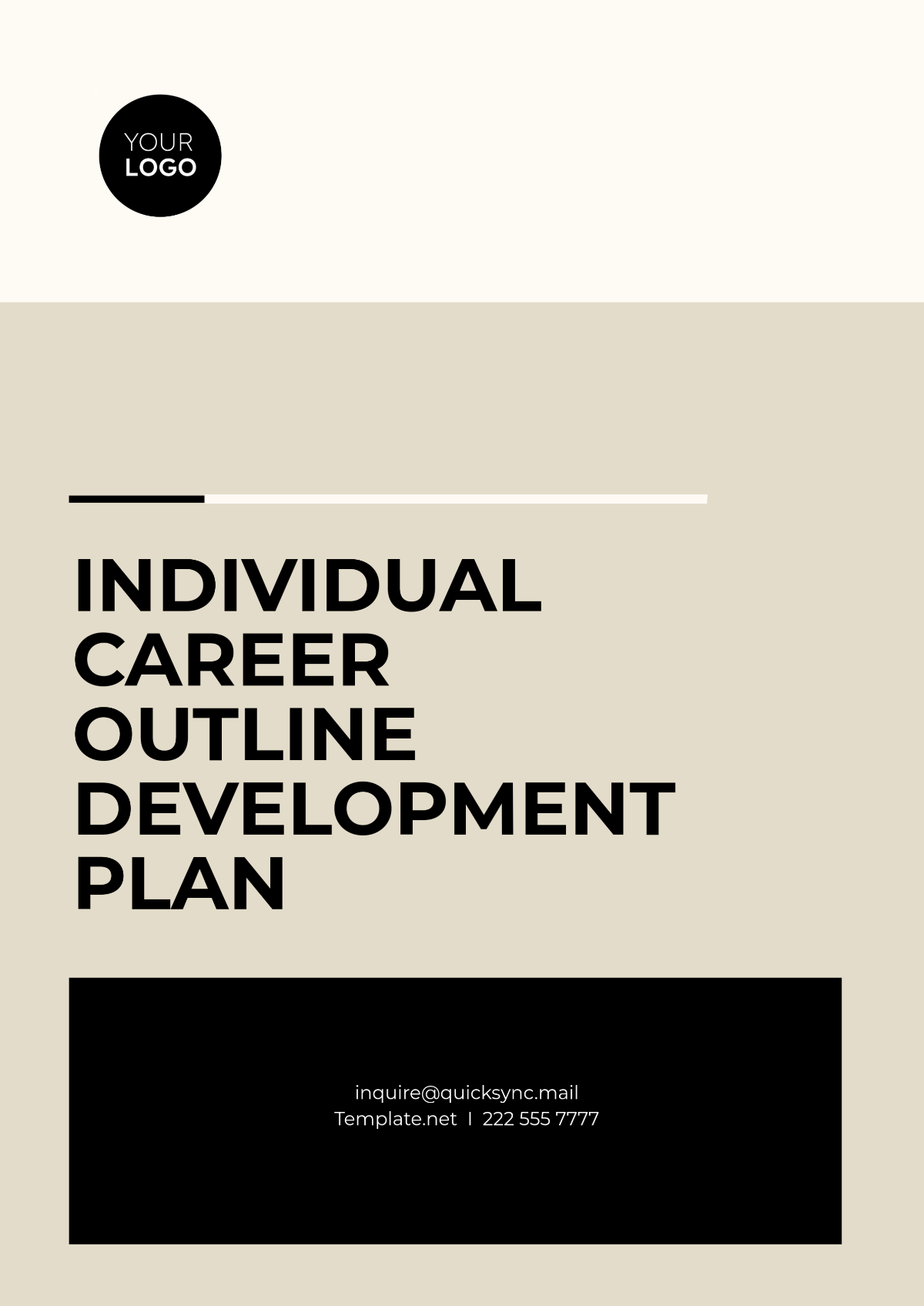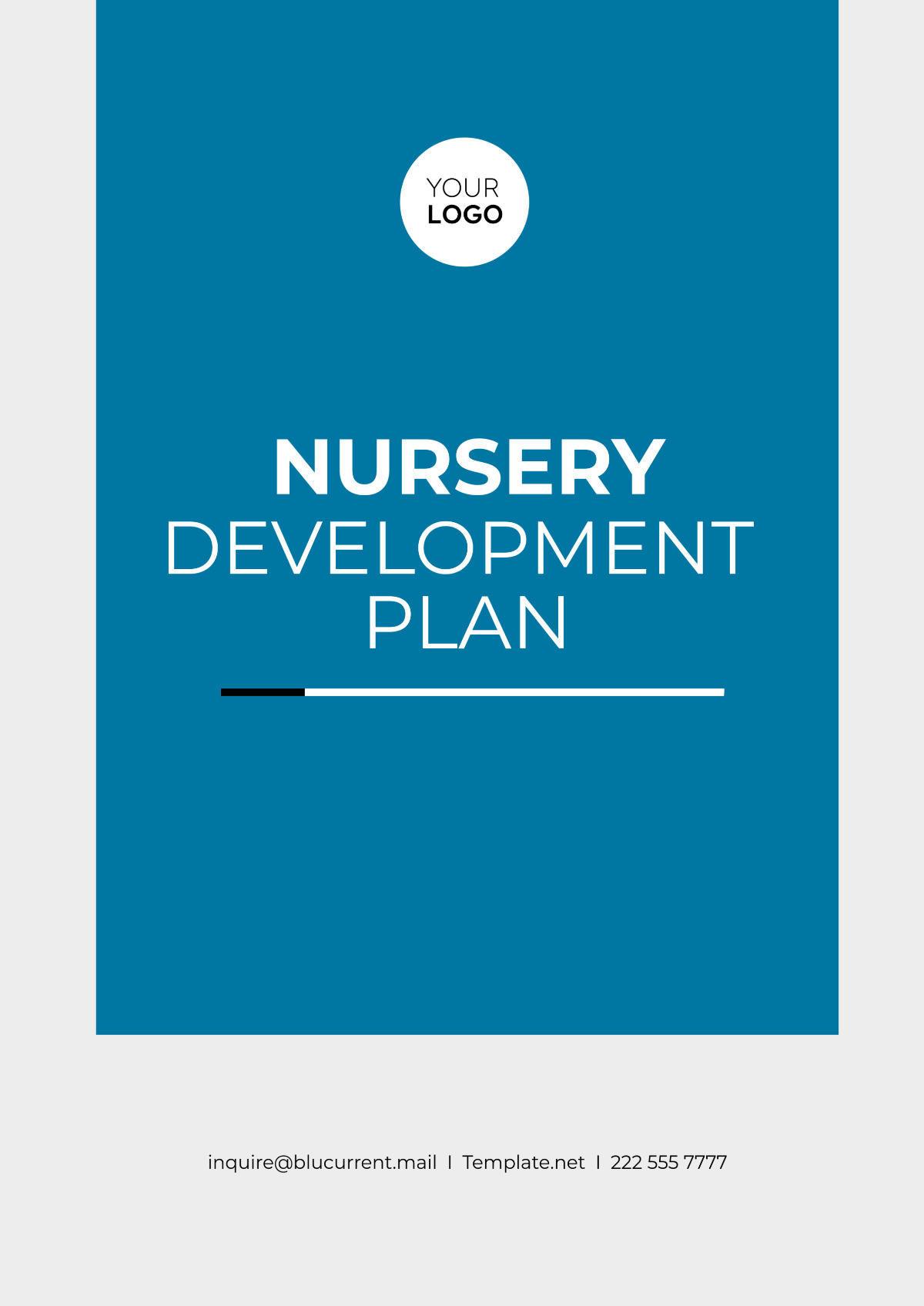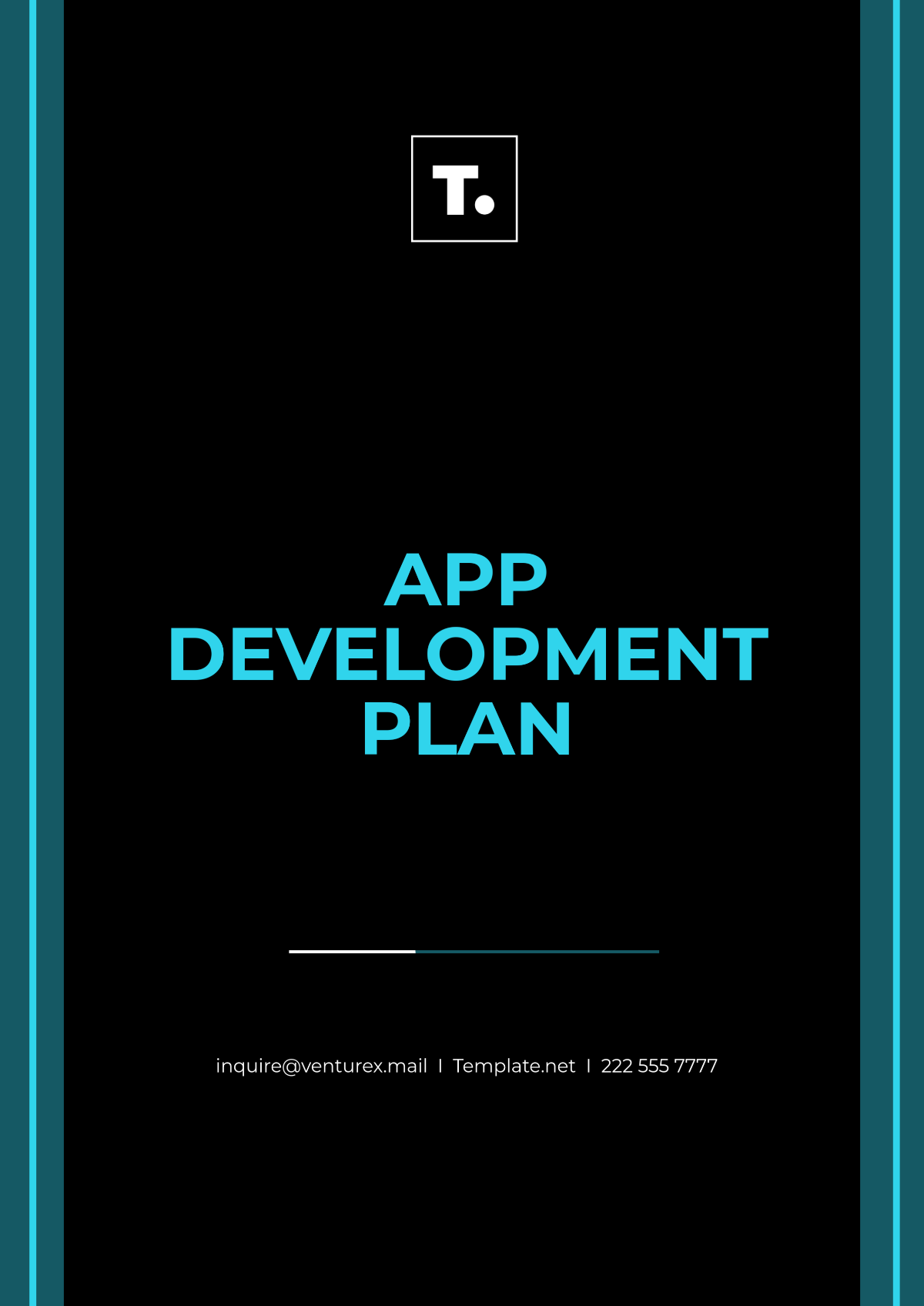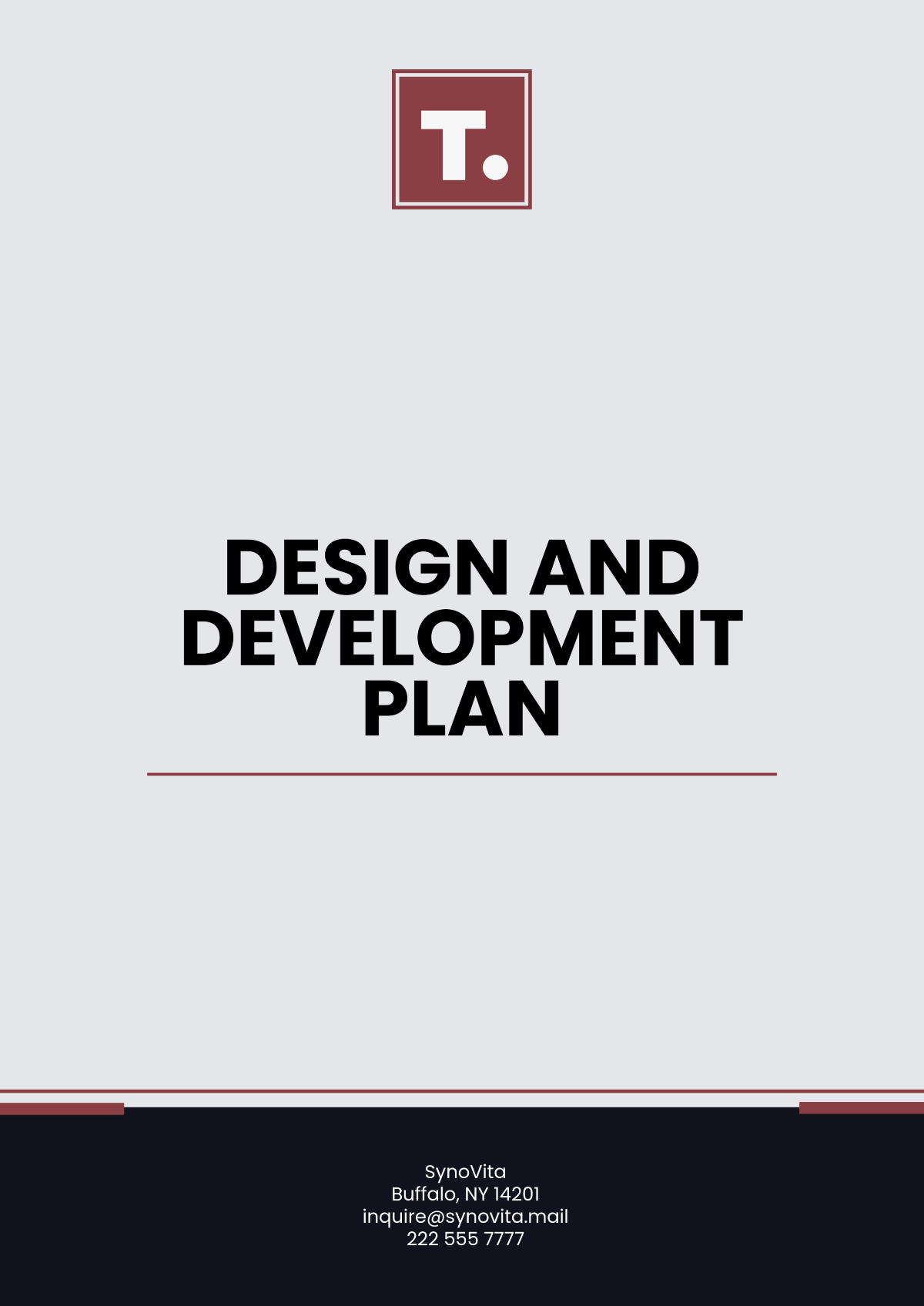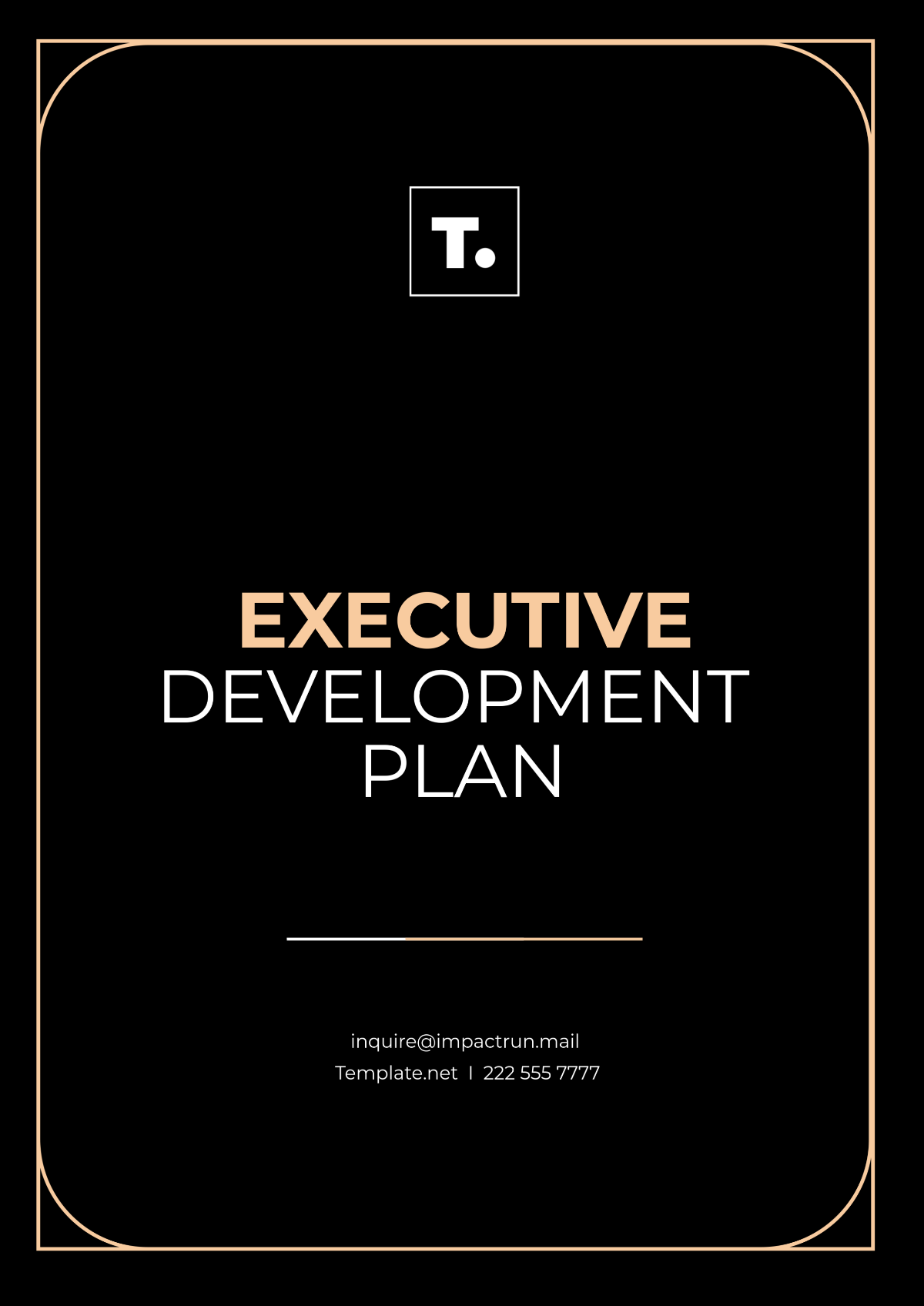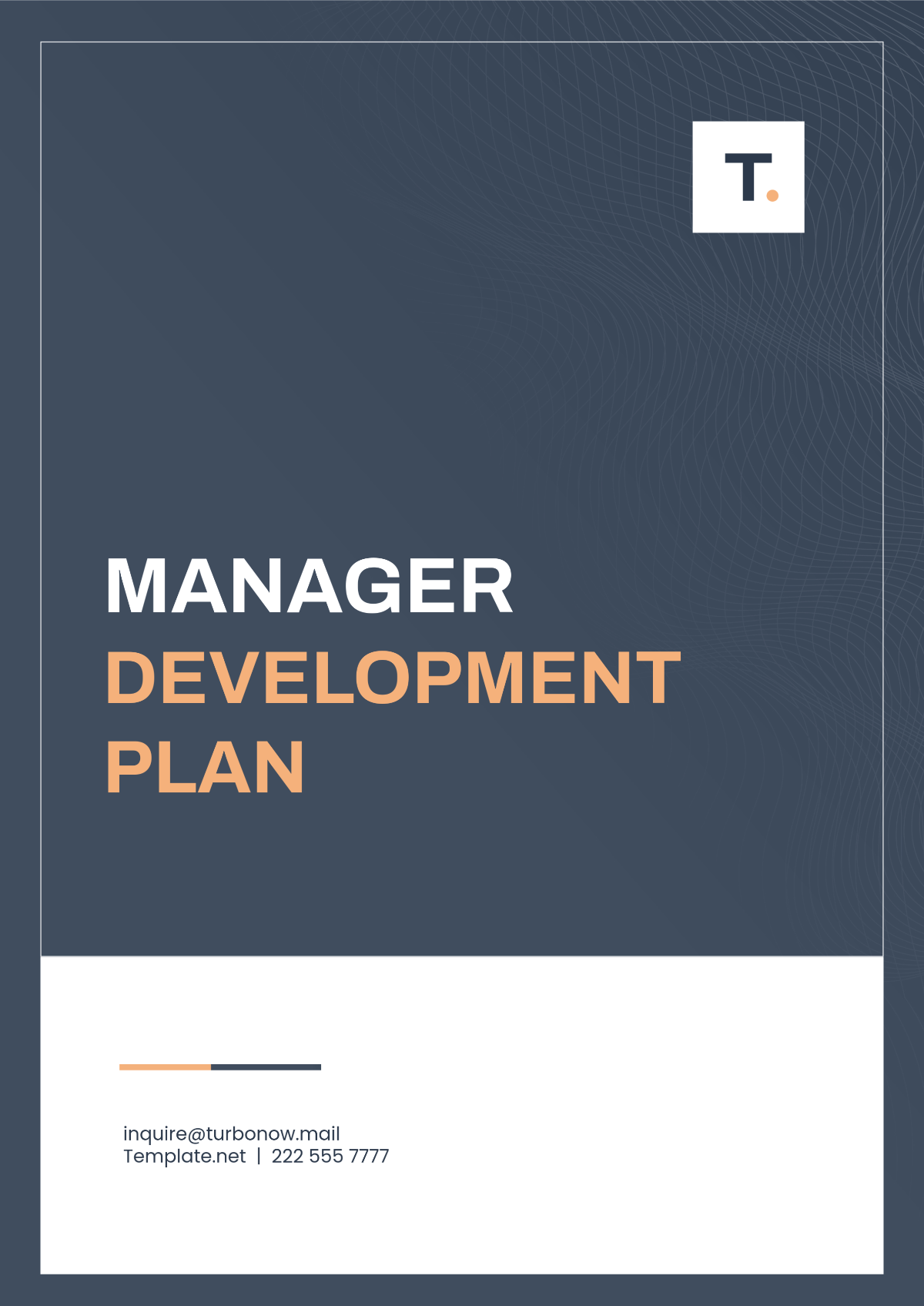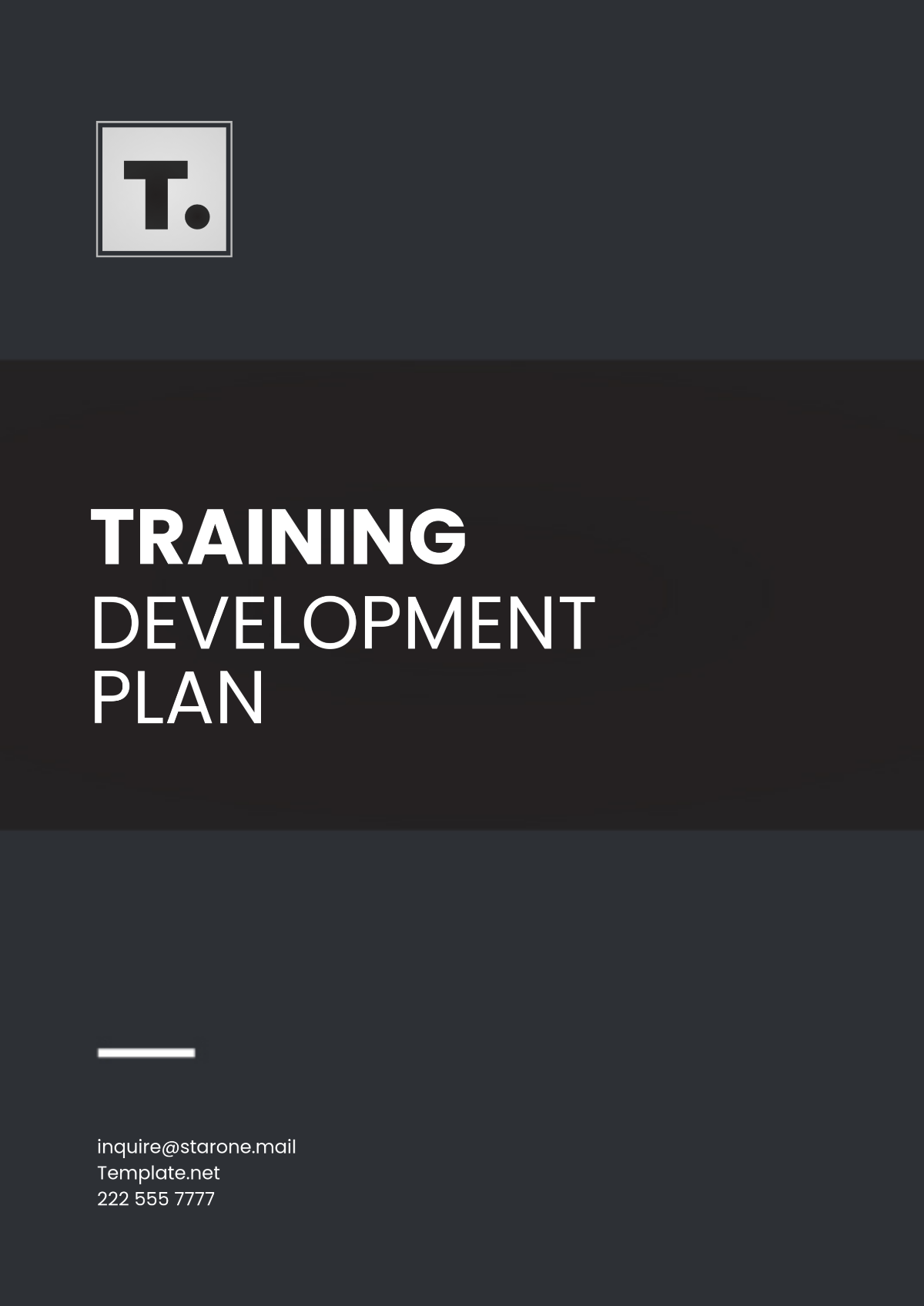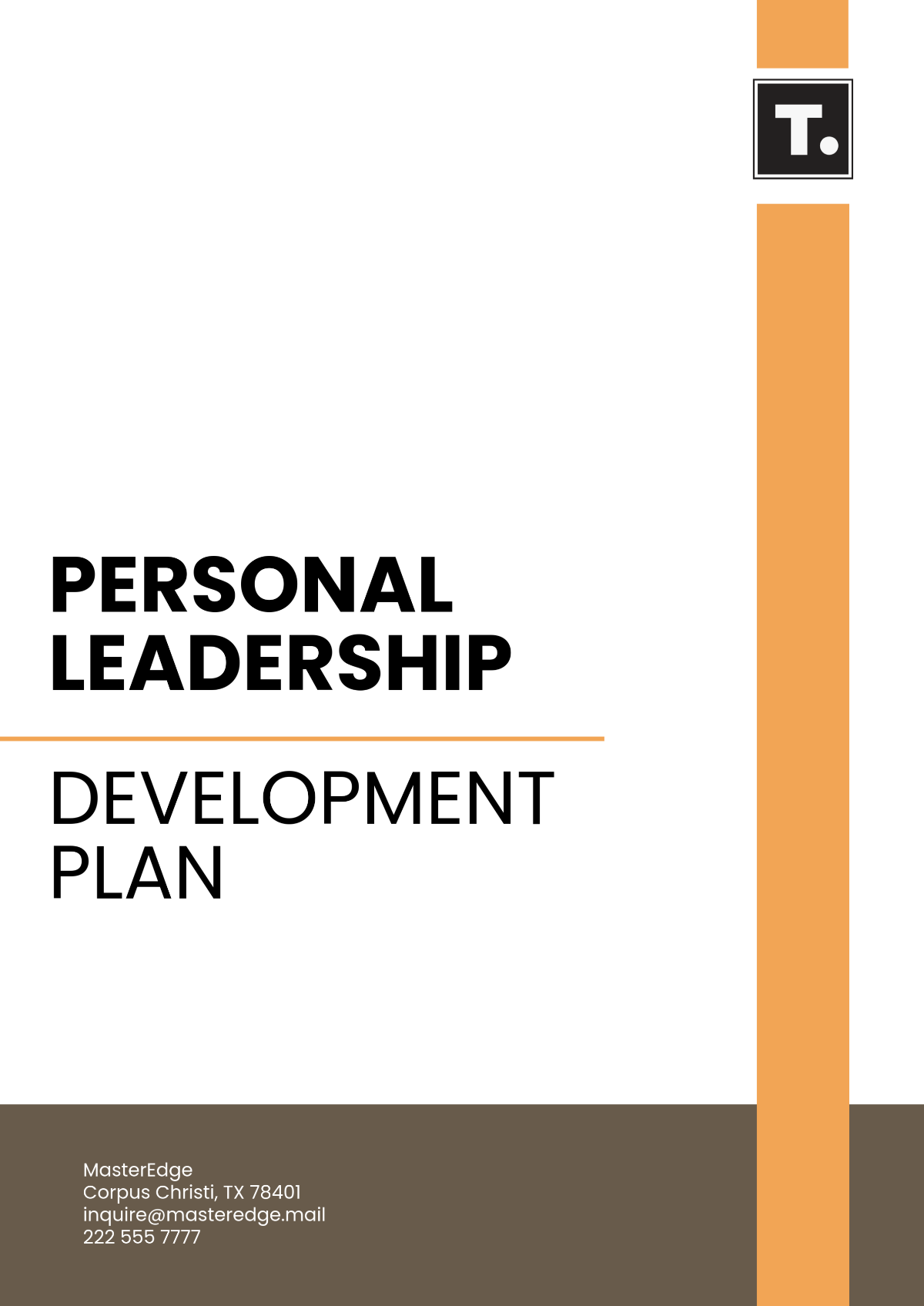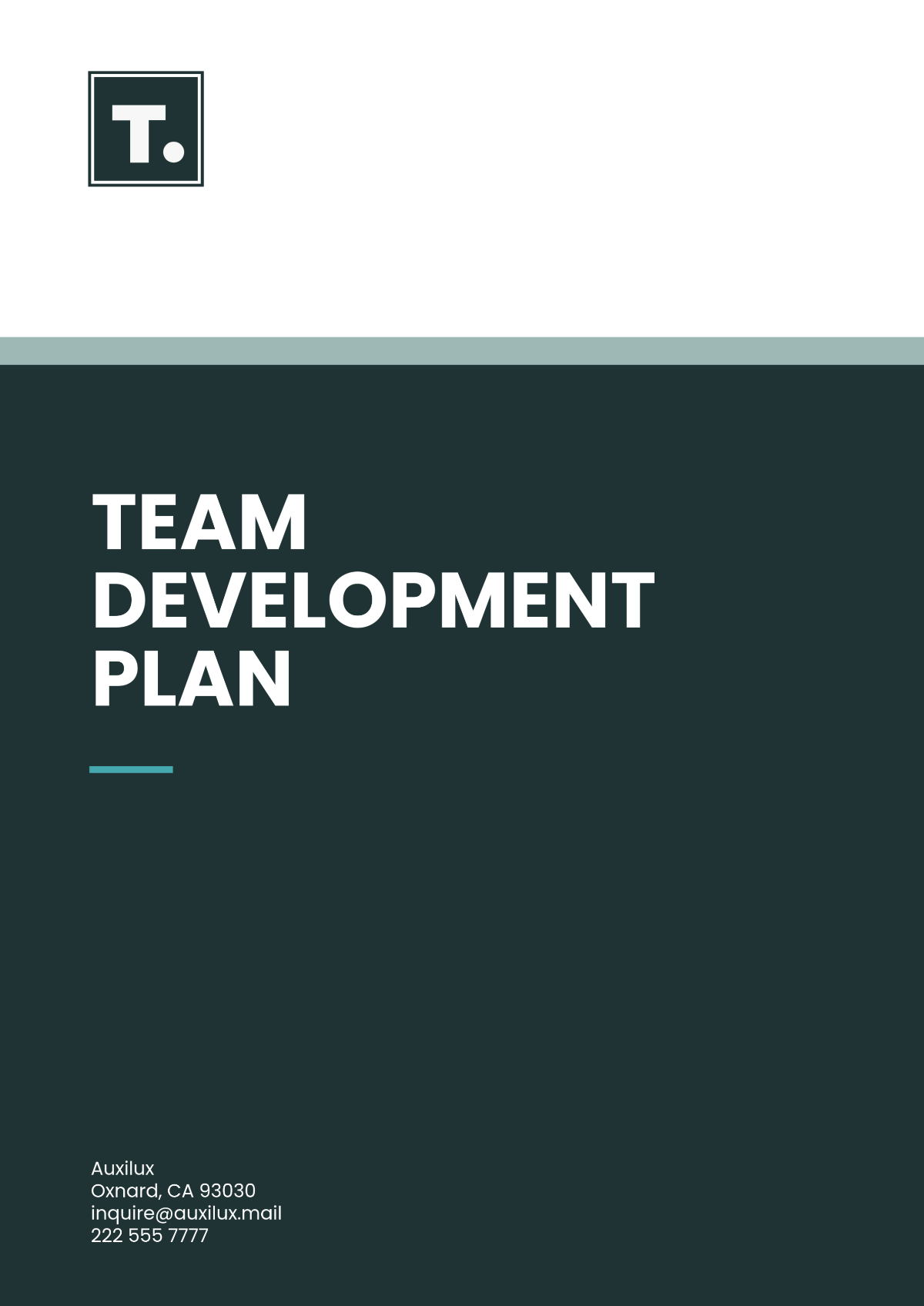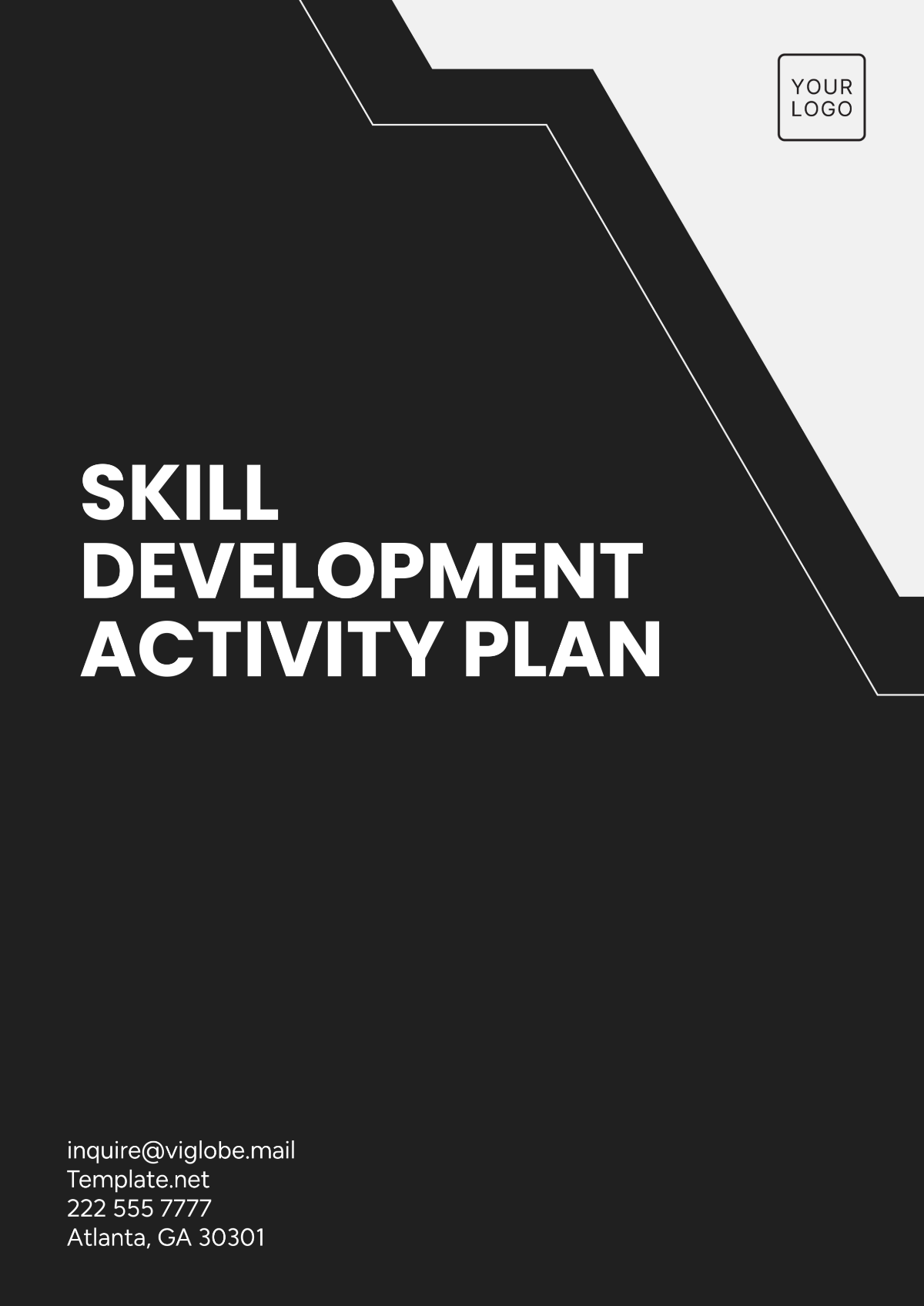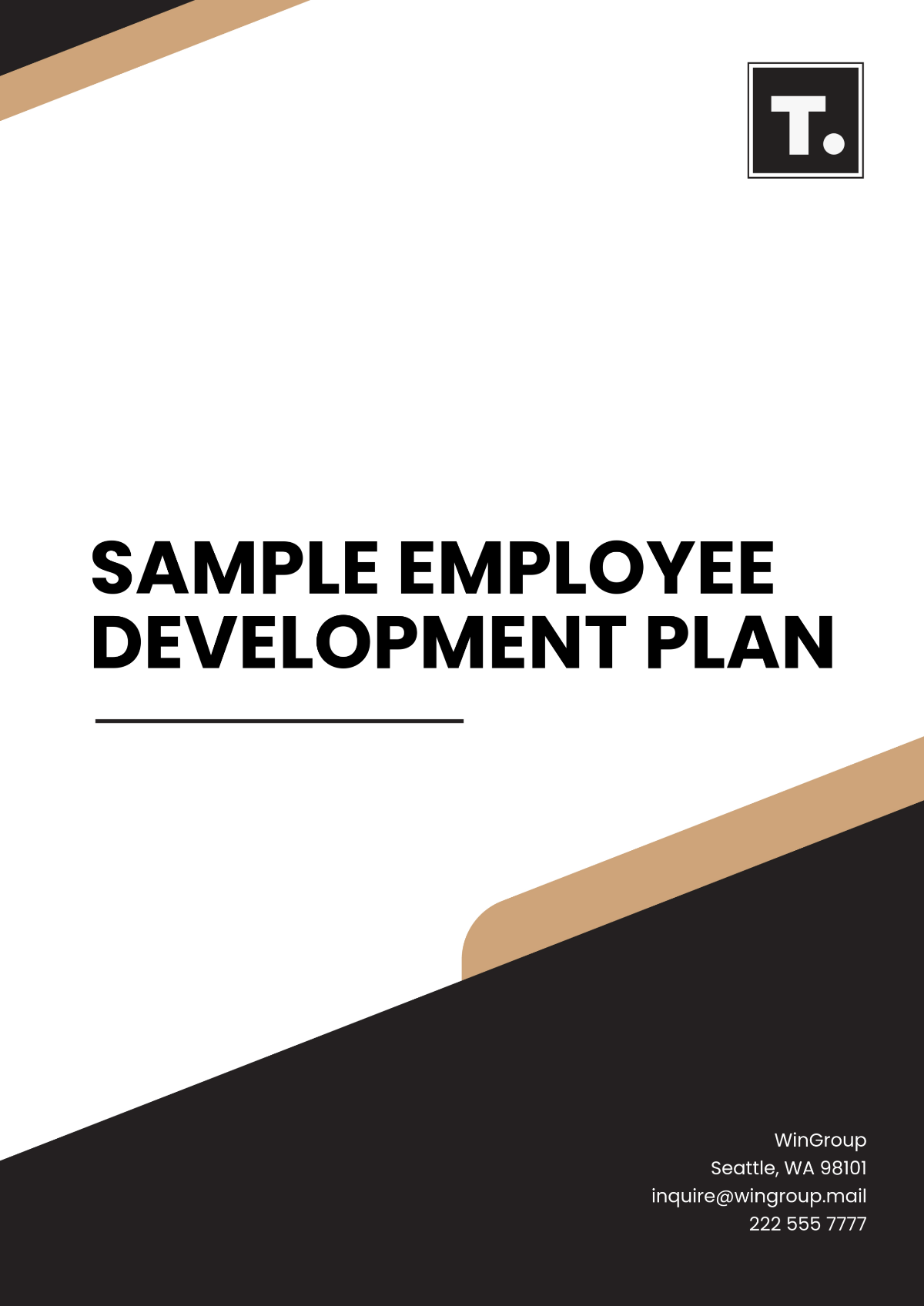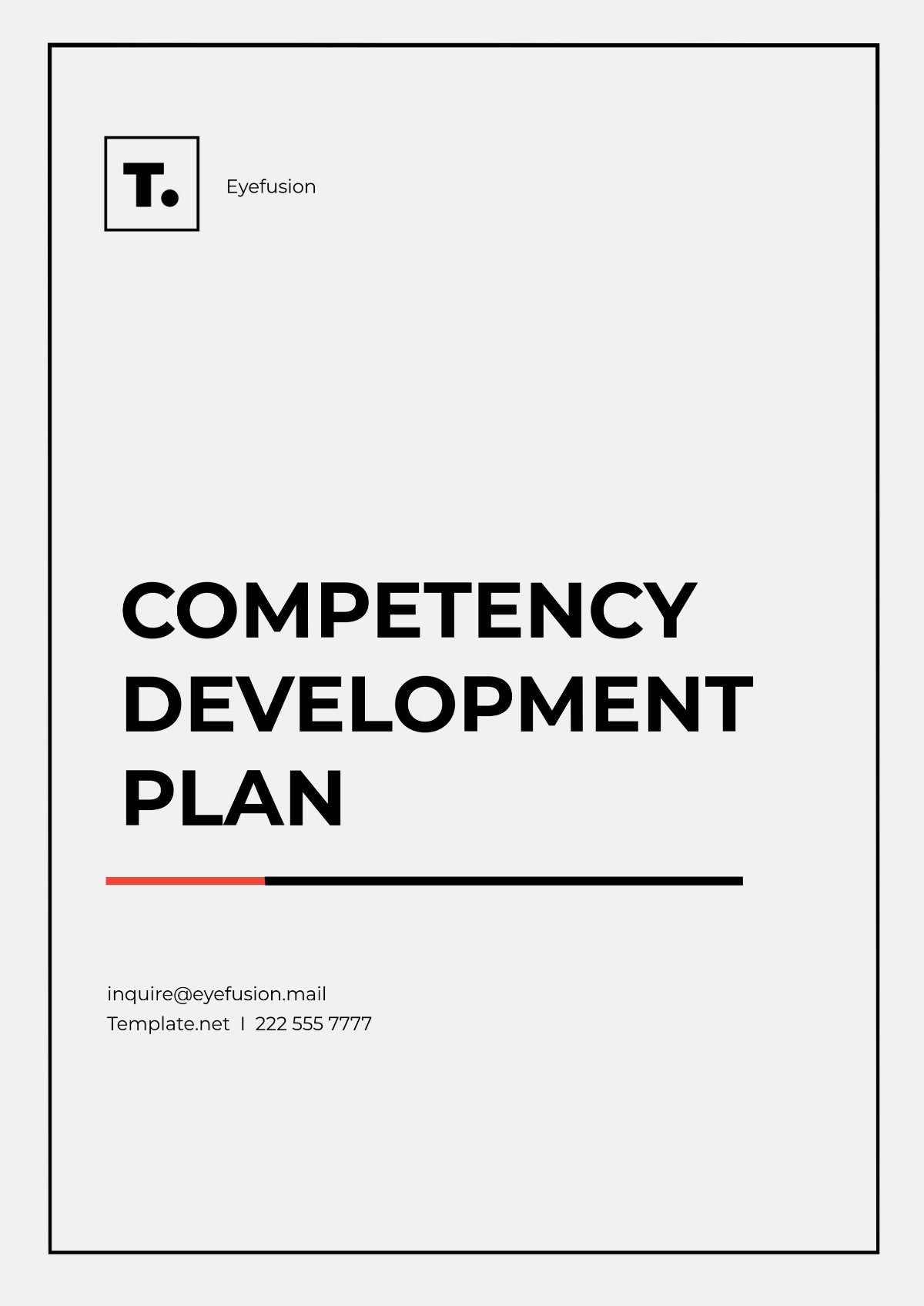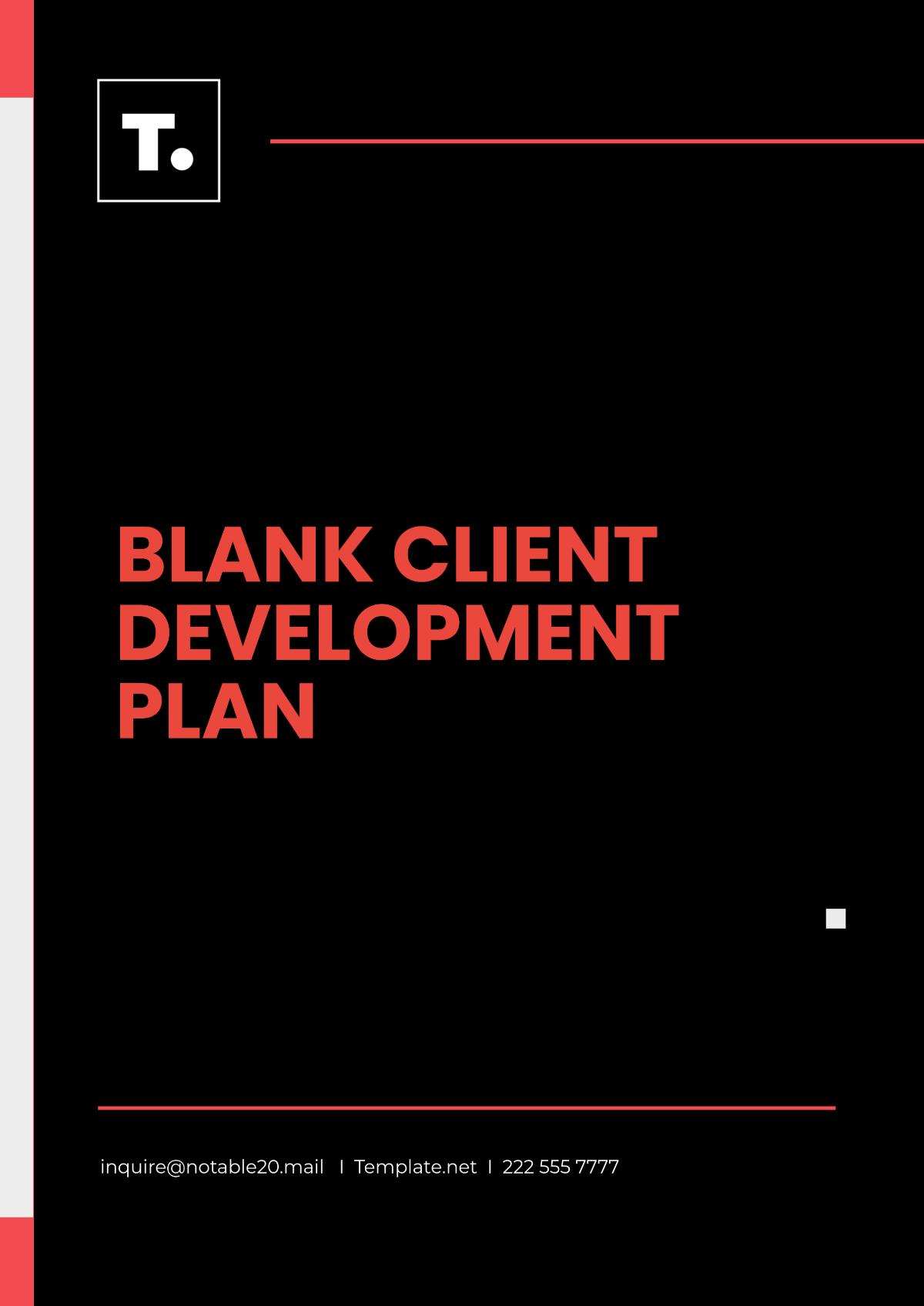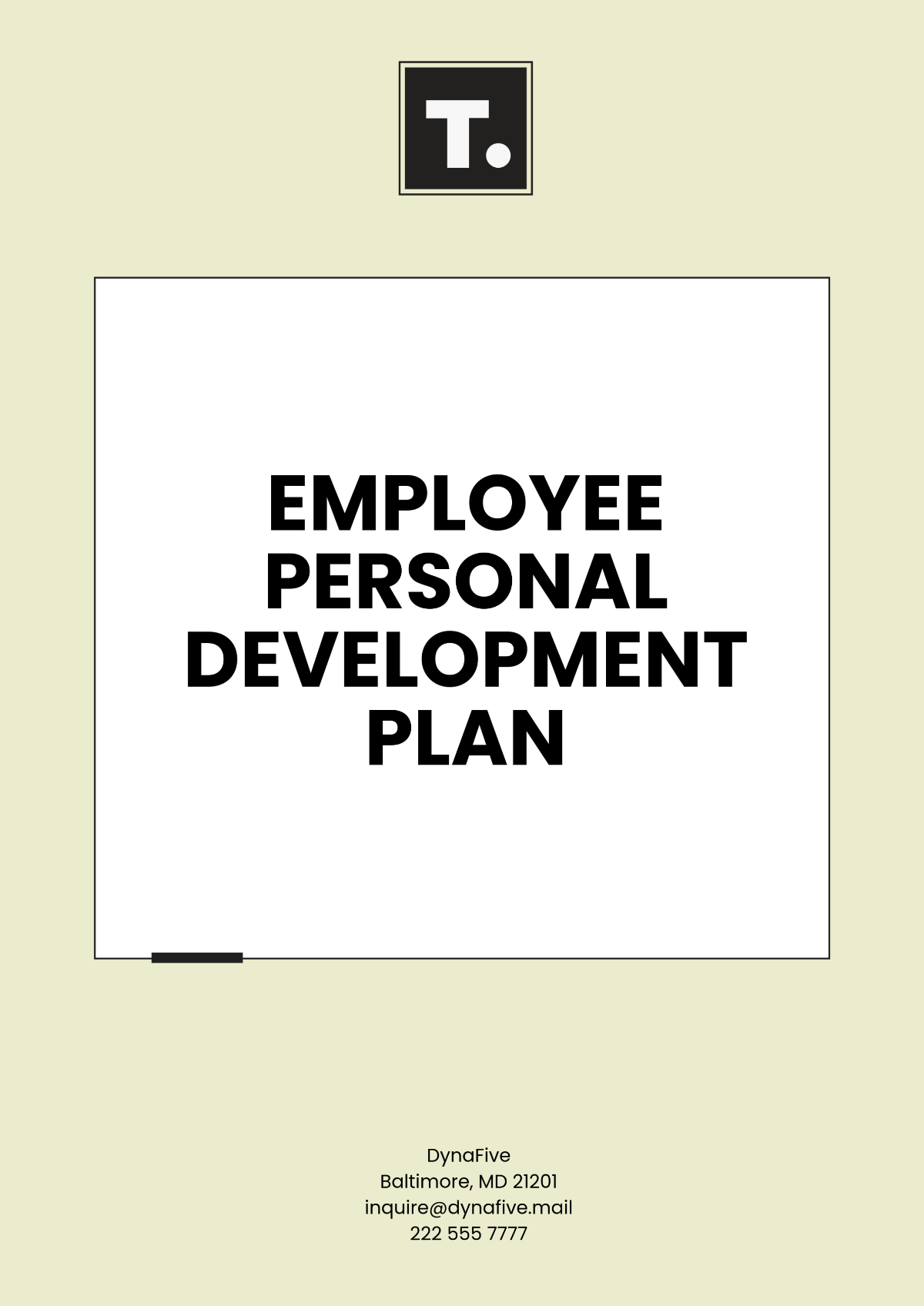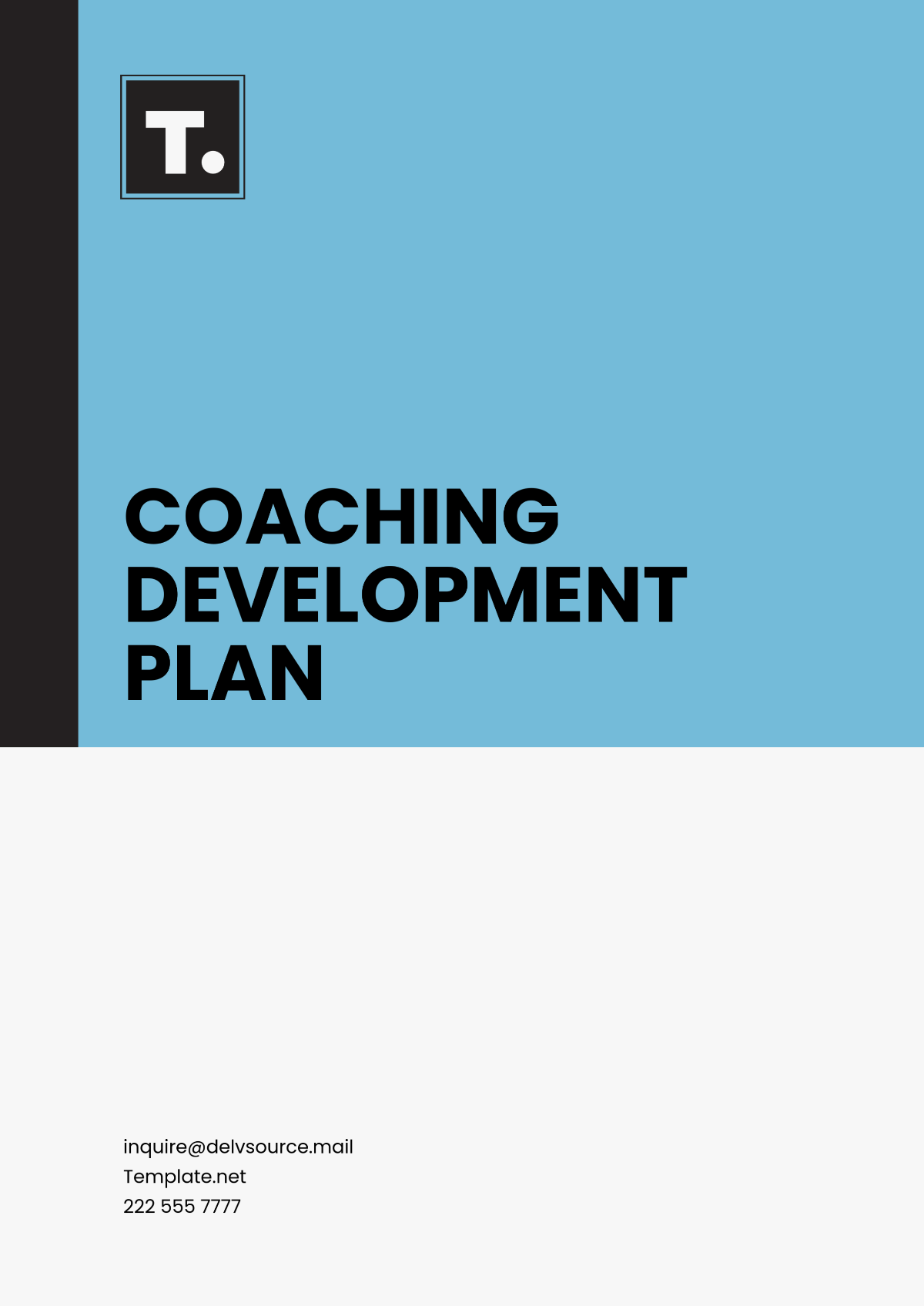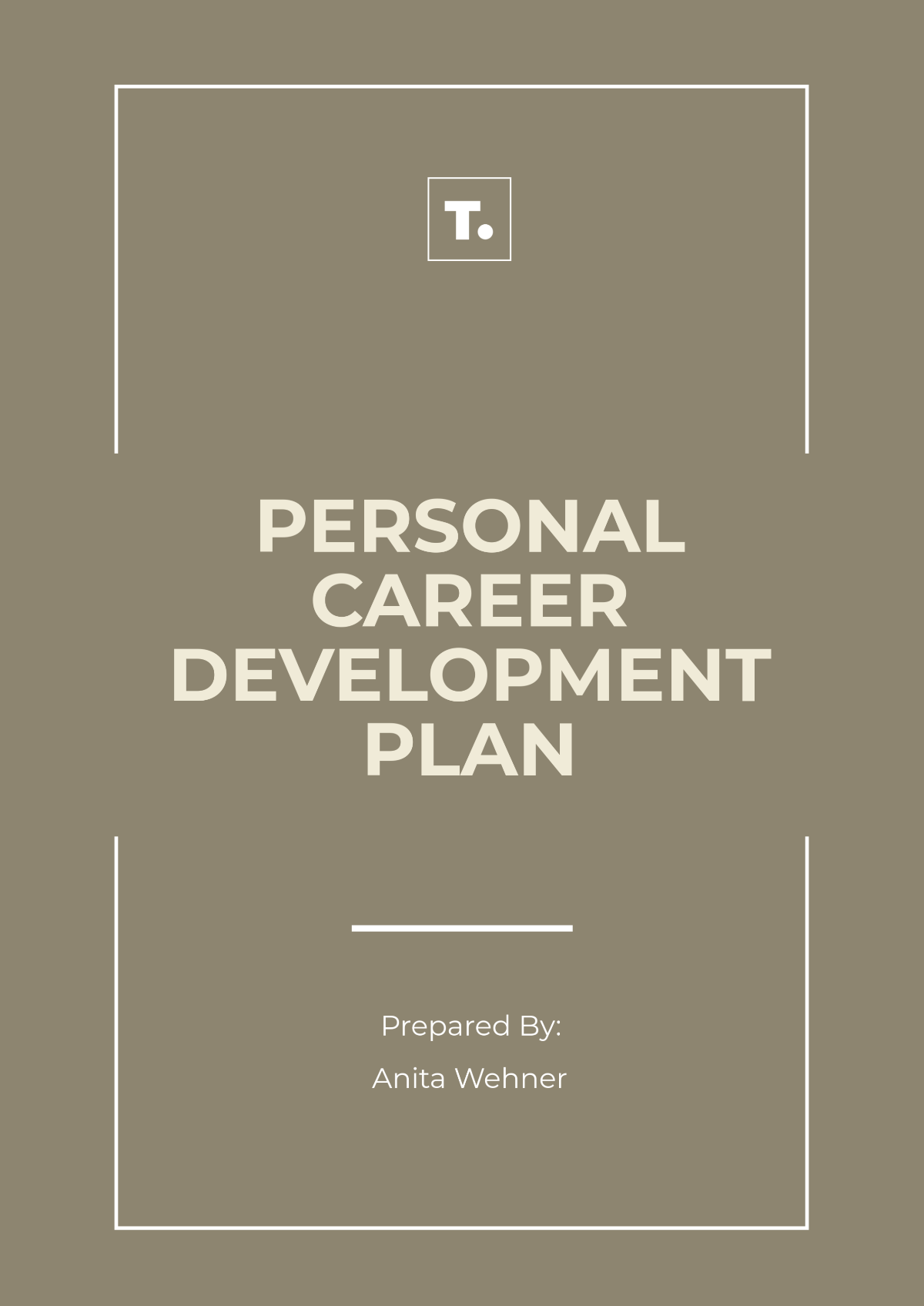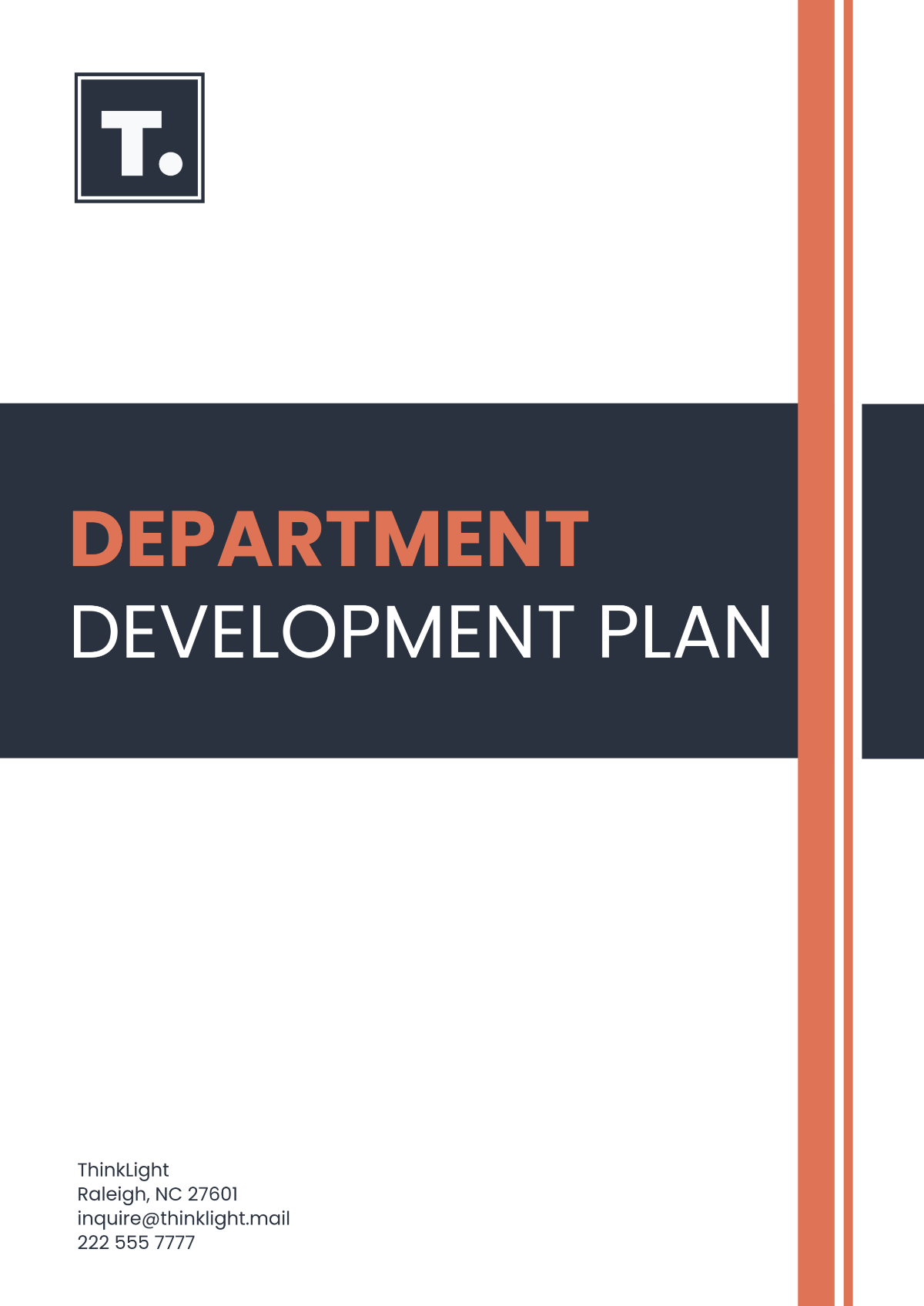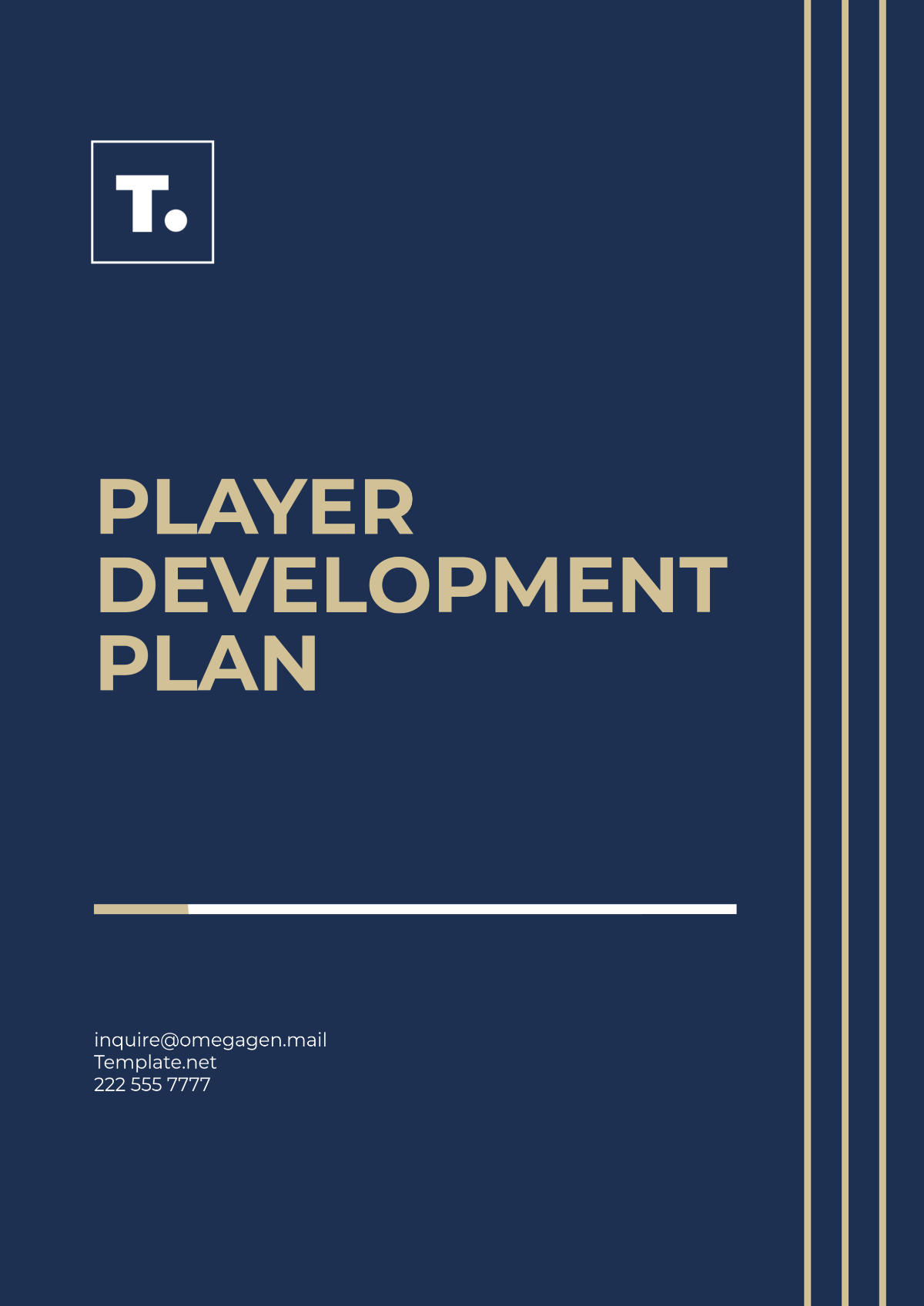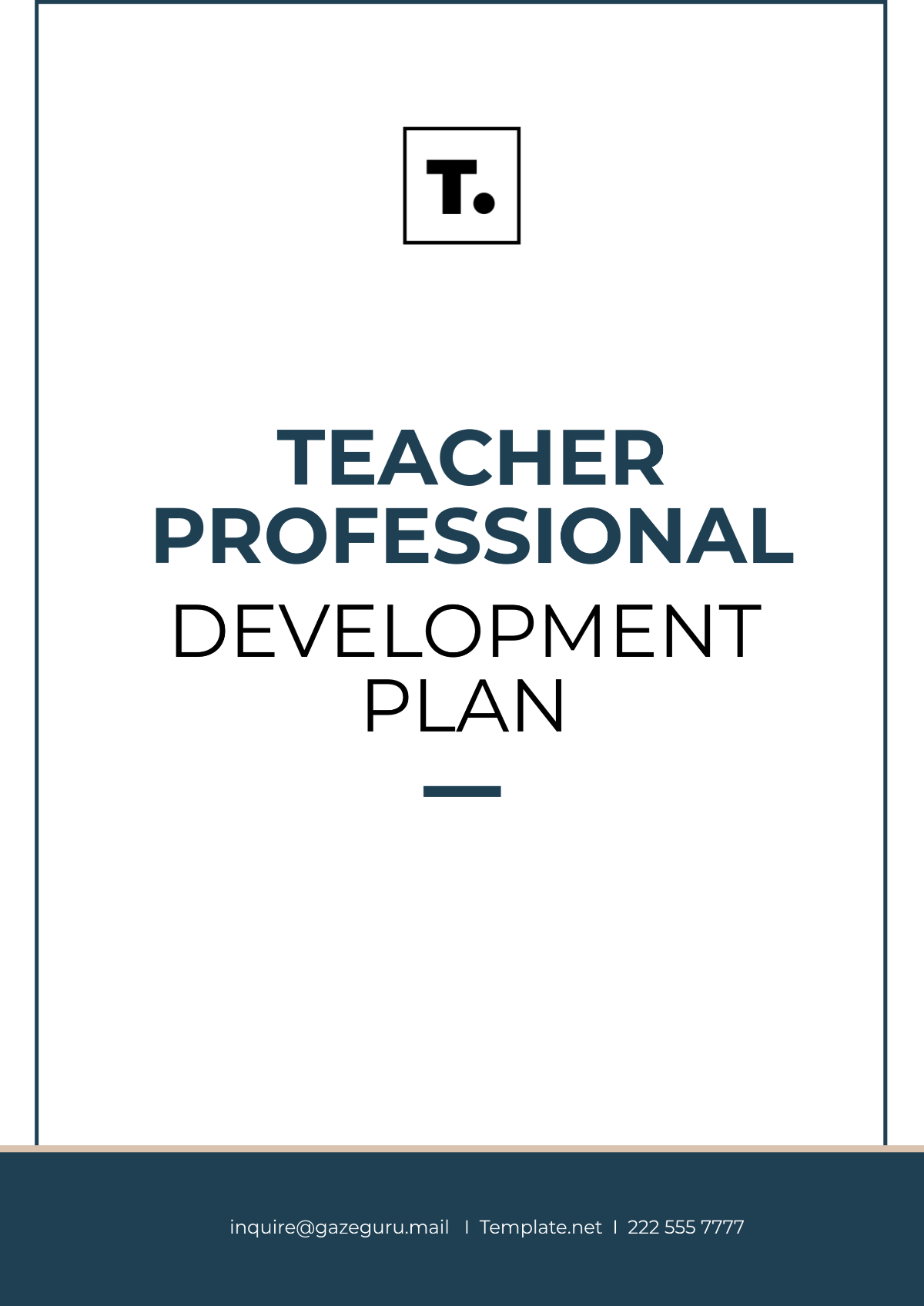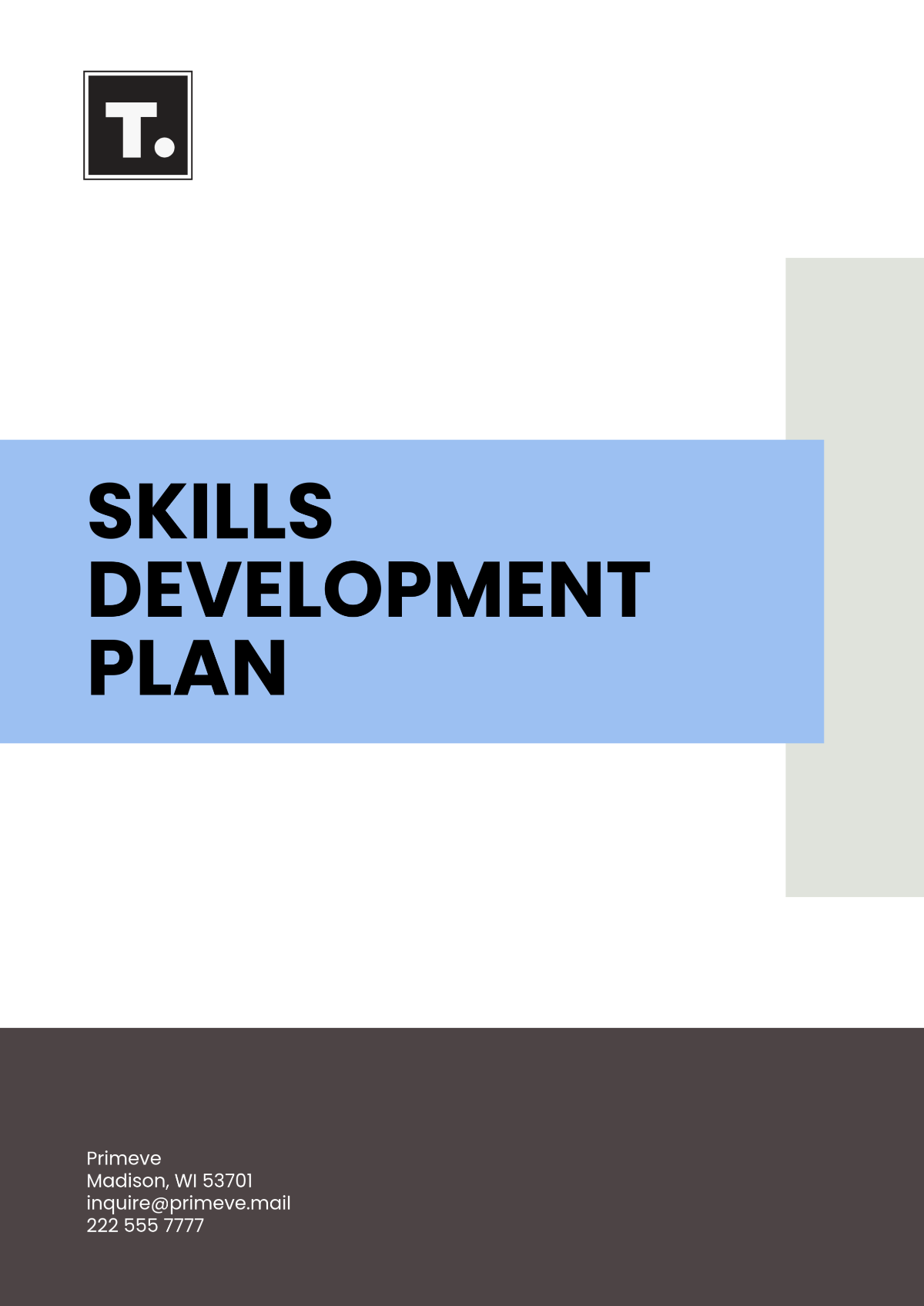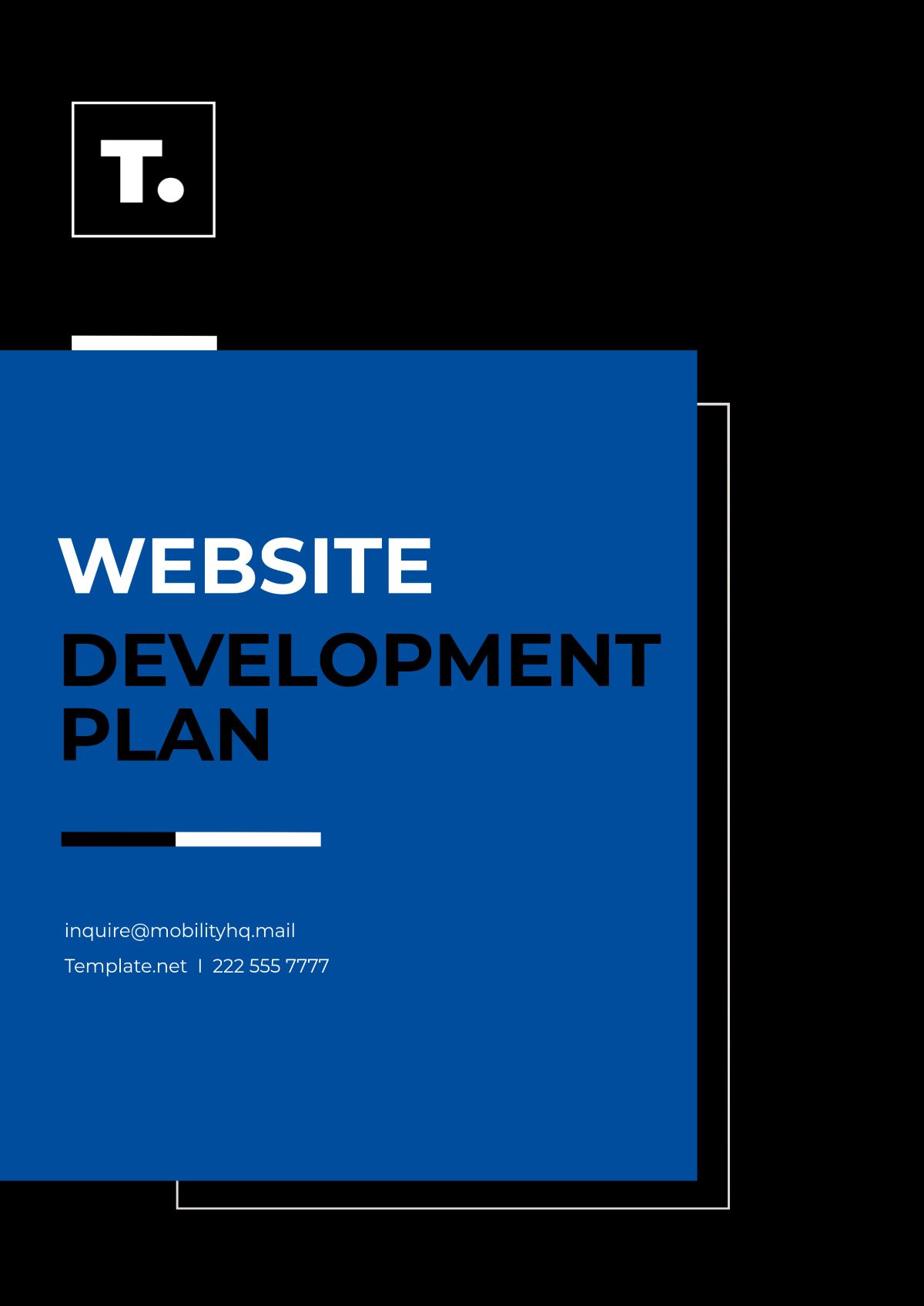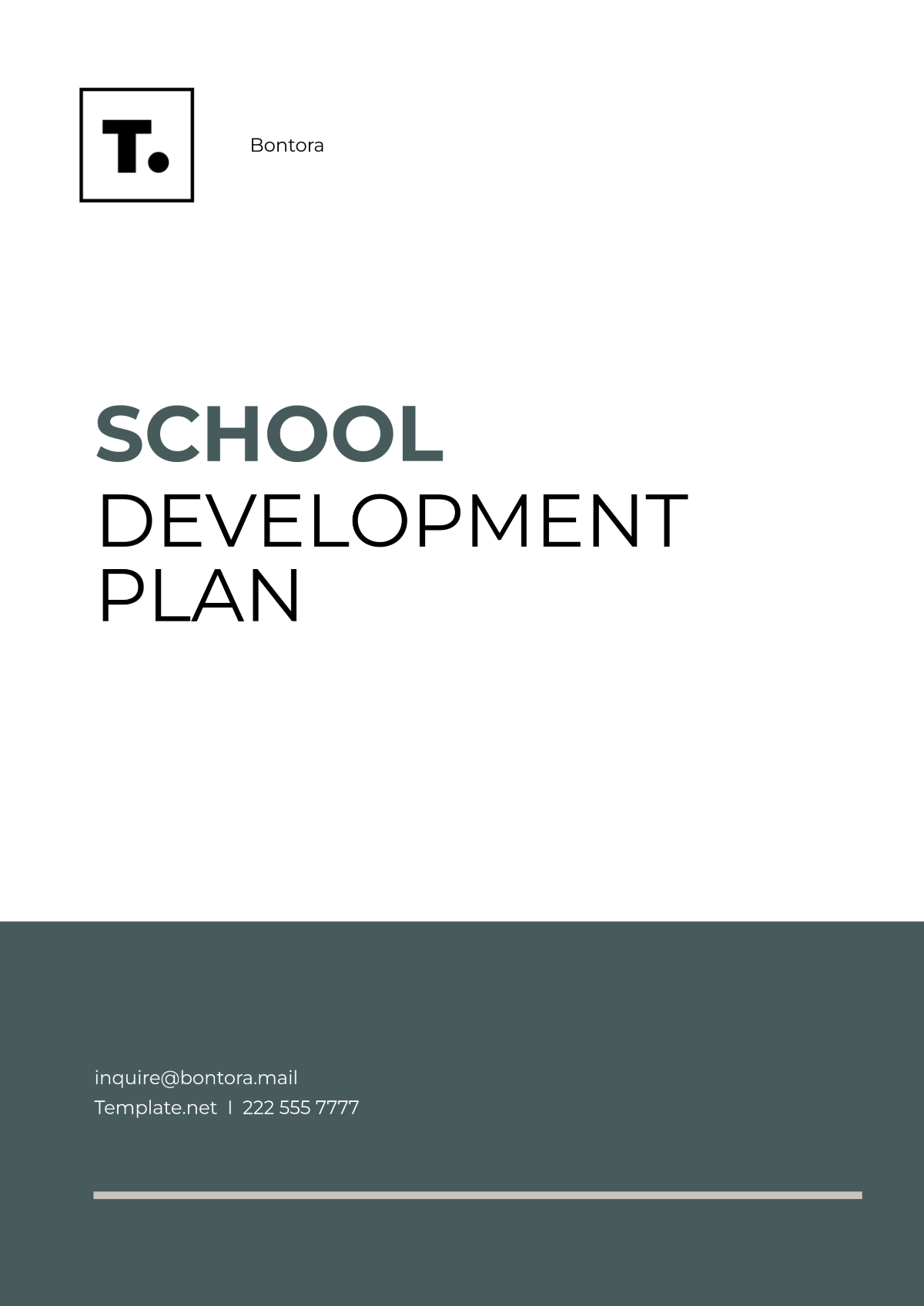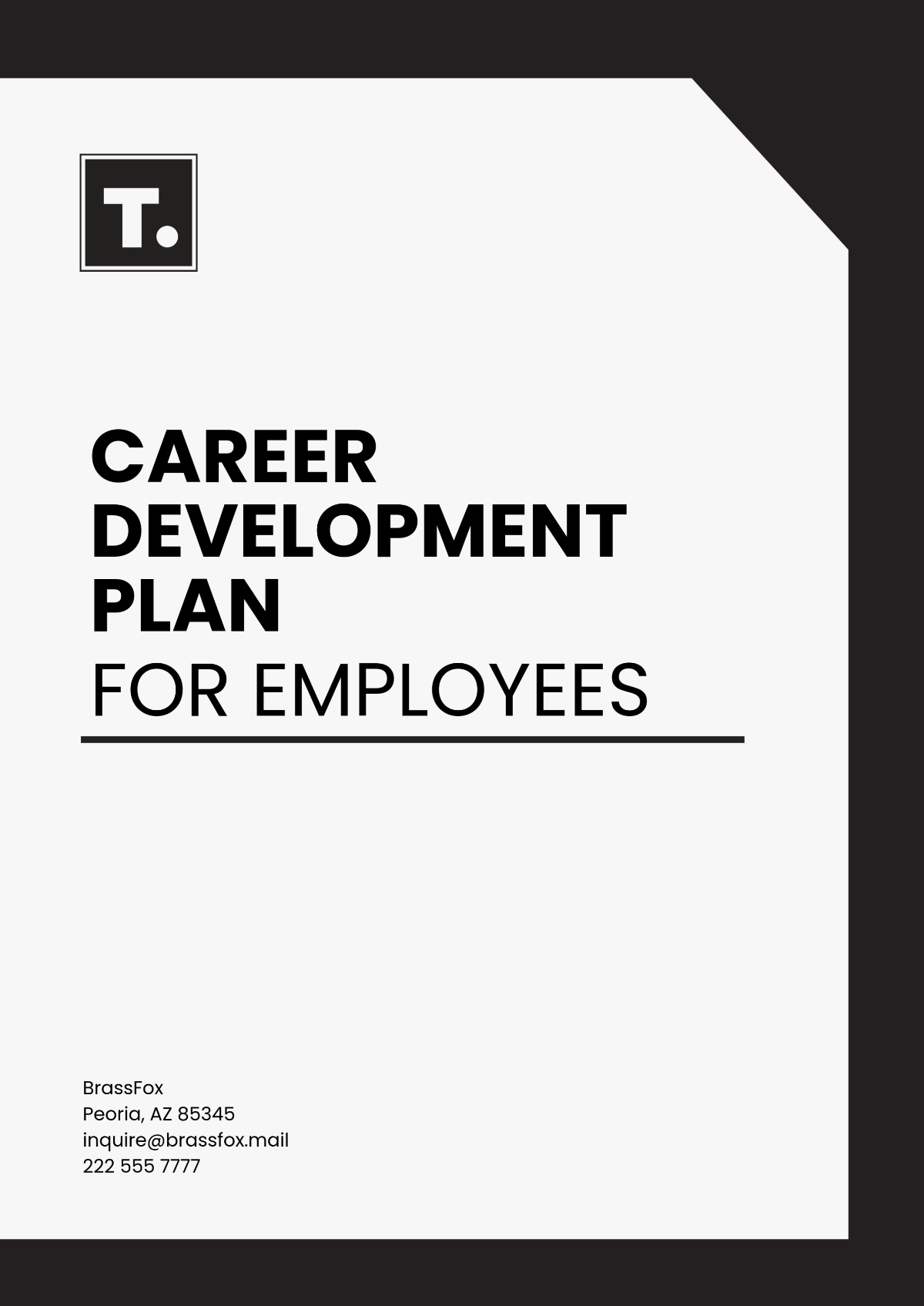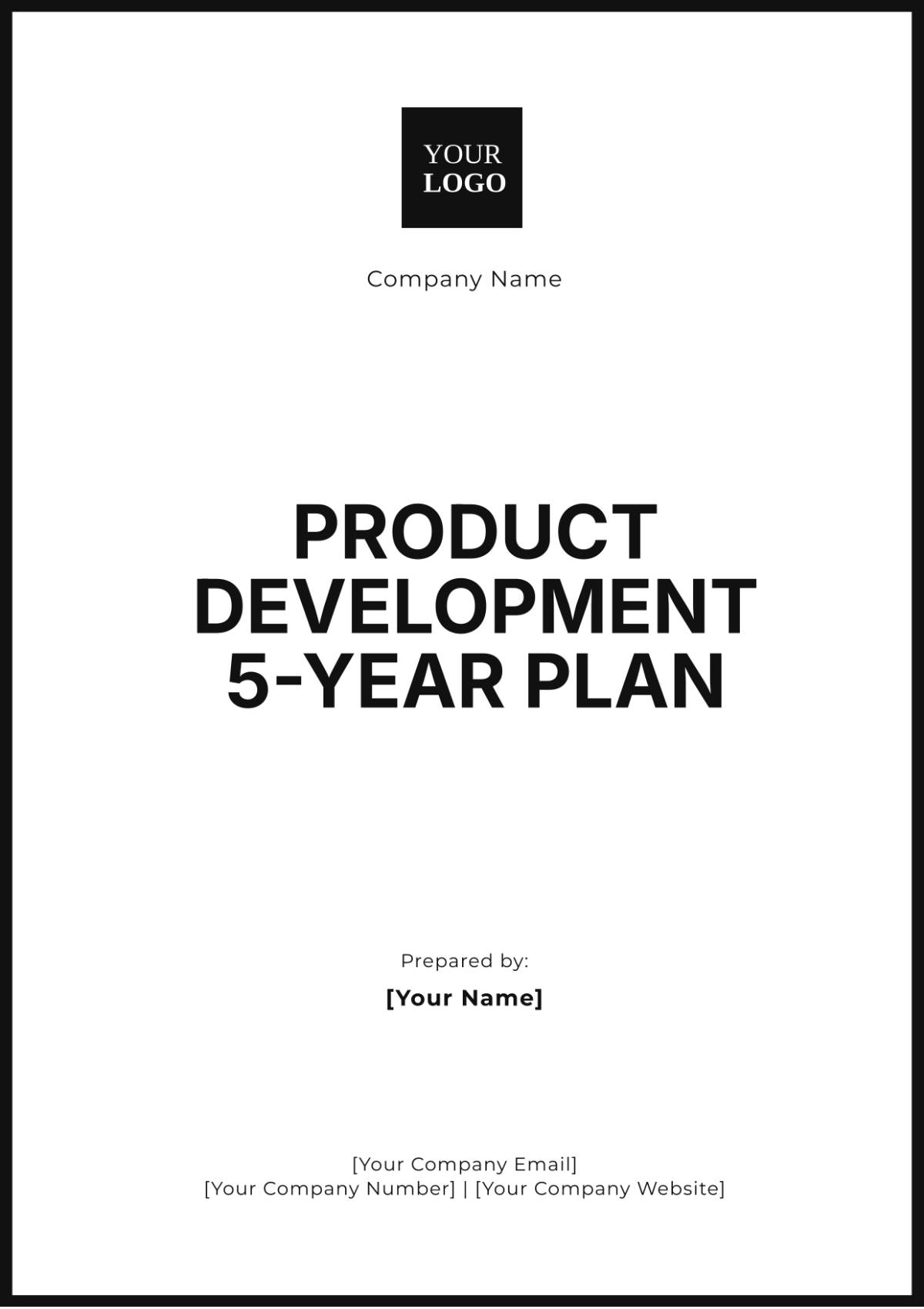SKILL DEVELOPMENT ACTIVITY PLAN
I. Introduction
This plan presents a forward-thinking and comprehensive strategy for professional skill development, spanning the next several decades with a focus on the year 2056. It aims to ensure individuals are equipped with essential skills and competencies necessary to thrive in a rapidly changing, technology-driven world. The overarching goal is to create a workforce that is agile, adaptable, and capable of navigating both anticipated and unforeseen challenges in the professional landscape.
II. Goals and Objectives
2.1 Long-term Goals
Skill Acquisition & Retention: Identify, develop, and maintain the skills that future professionals will require to excel in emerging industries and dynamic work environments. This includes a balanced focus on technical expertise, soft skills, and specialized industry knowledge.
Culture of Lifelong Learning: Foster an organizational culture that emphasizes continuous learning and the cultivation of new skills. Encourage the ongoing adaptation of employees to new technologies, methodologies, and practices to ensure relevance in the global marketplace.
2.2 Short-term Objectives
Adaptive Learning Strategies (by 2056): Implement scalable and flexible learning frameworks that cater to varying learning styles and pace, using advanced technologies like AI-driven personalized learning platforms to ensure knowledge retention and mastery.
Emerging Technology Integration (by 2051): Introduce critical skills related to emerging technologies, such as AI, machine learning, and blockchain, across industries. Focus on making these technologies accessible and understandable for all skill levels.
Cross-Disciplinary Knowledge Exchange (by 2050): Establish mechanisms to encourage collaboration and knowledge sharing across industries and sectors, promoting innovation and fostering a deeper understanding of diverse fields.
III. Skill Categories
3.1 Technical Skills
The focus will be on advancing technical capabilities in high-demand areas such as:
Coding and Software Development: Enhance proficiency in programming languages and software engineering techniques, with an emphasis on languages that will shape the future (e.g., Python, JavaScript, and Rust).
Data Science & Analysis: Equip individuals with expertise in handling and analyzing vast datasets, utilizing tools like big data analytics and machine learning to uncover insights.
Artificial Intelligence & Automation: Ensure proficiency in developing and applying AI technologies, enabling automation in industries ranging from healthcare to finance and manufacturing.
3.2 Soft Skills
Equally important are the development of soft skills, including:
Leadership: Focus on cultivating leadership skills that enable individuals to manage diverse teams, navigate challenges, and foster a positive organizational culture.
Communication & Collaboration: Develop clear, effective communication strategies to improve team collaboration, virtual and in-person interactions, and public speaking abilities.
Critical Thinking & Problem Solving: Encourage individuals to think strategically, evaluate complex situations, and make data-driven decisions in high-pressure environments.
3.3 Industry-Specific Skills
Healthcare: Equip professionals with expertise in telemedicine, patient data management, and advanced diagnostic tools. Focus on skills that complement technological advancements and the shift to virtual healthcare models.
Finance: Cultivate proficiency in blockchain, financial modeling, algorithmic trading, and data-driven investment strategies. Promote knowledge of how emerging financial technologies are reshaping global markets.
Education: Prepare educators with skills related to e-learning platforms, digital content creation, and modern curriculum design, enhancing the learning experience for students in the digital age.
IV. Implementation Strategies
4.1 Collaboration with Educational Institutions
Partnering with universities, vocational training centers, and online learning platforms is key to ensuring that curricula are relevant and that learners have access to up-to-date resources.
4.2 Corporate Training Programs
Organizations will be encouraged to develop in-house training initiatives, including workshops, mentorship programs, and on-the-job learning experiences.
V. Evaluation and Feedback
A robust evaluation framework will be established to track progress against skill development milestones. This will include both quantitative and qualitative assessments such as performance metrics, skill proficiency tests, and regular peer reviews. Feedback from participants and industry leaders will be collected through surveys, focus groups, and one-on-one interviews to ensure the plan’s relevance and adaptability to evolving trends.
VI. Conclusion
This Skill Development Activity Plan is designed to build a future-proof workforce capable of thriving in an ever-changing global landscape. By focusing on continuous education, cross-disciplinary collaboration, and technology-driven skill enhancement, we will empower individuals to navigate the complexities of the future workplace.
